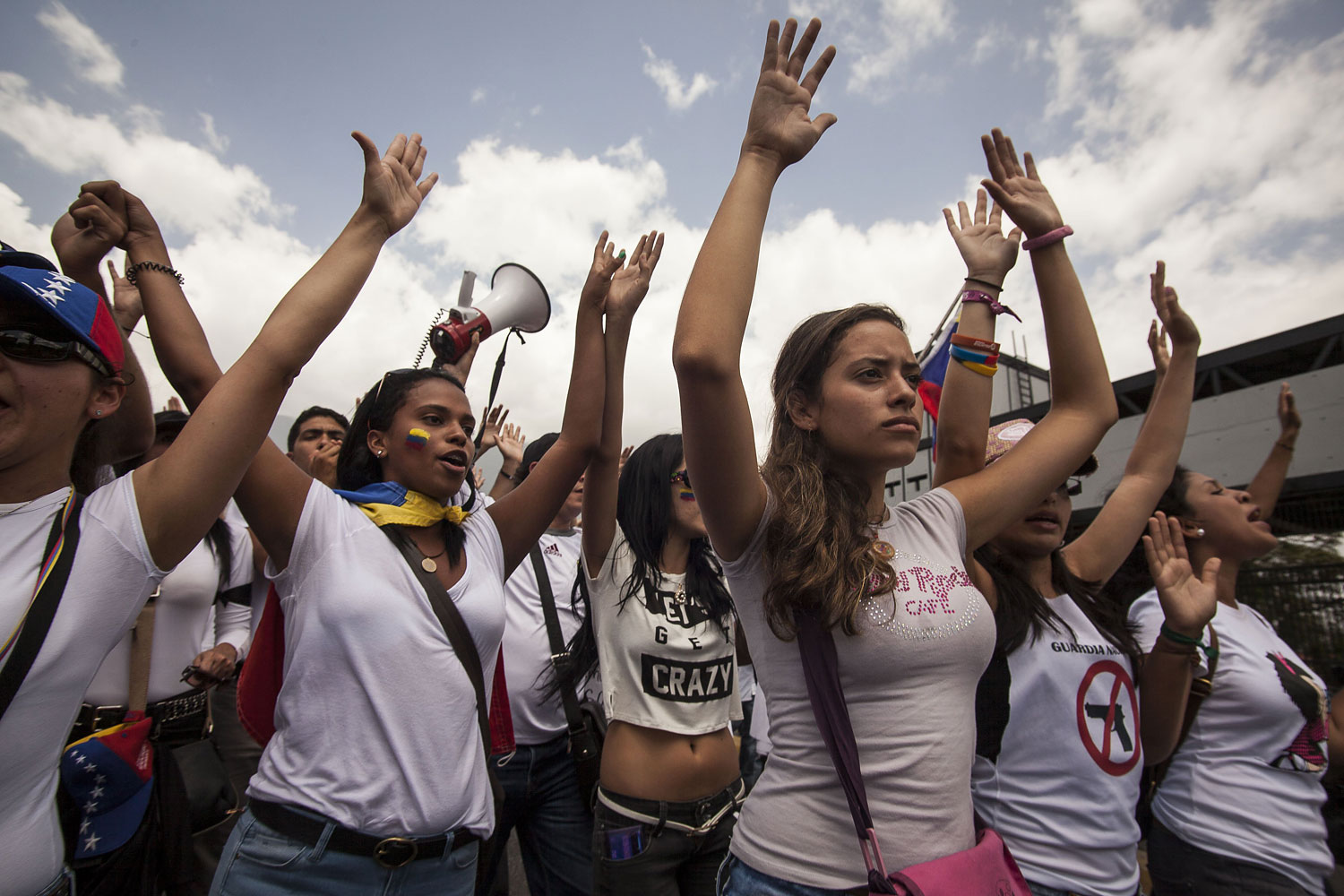
A day after Venezuela commemorated the one-year death anniversary of its charismatic and demagogic former President Hugo Chavez, the clashes and protests that have roiled the country for weeks showed no sign of abating. At least two people died Thursday in Caracas during a confrontation between demonstrators barricading a street and paramilitary and National Guard forces attempting to disperse them. That brings the death toll to 20 in less than a month of unrest.
What began as student protests animated by the disastrous state of the country’s economy—wracked, as it is, by record inflation and food and goods shortages—has morphed into perhaps the greatest challenge facing the regime that Chavez built, which in recent years has been mired in allegations of corruption and incompetence. The opposition accuses Chavez’s handpicked successor, President Nicolas Maduro, of brutally cracking down on dissent and stifling freedom of speech. Maduro has rounded angrily on his domestic opponents as well as critics overseas, most recently breaking diplomatic ties with nearby Panama. But despite the upheaval, those seeking the collapse of the Chavista state are likely to be disappointed. Here’s why:
Venezuela is not Ukraine. Ever since the country’s unrest began, it has been obscured from global attention by the crisis in Ukraine. The standoff in Kiev, followed by the political chaos that prompted Russia’s power play in the Crimea, is a narrative more urgent to outside observers, staged on a Cold War landscape familiar to the West. Venezuela, in comparison, seems a Caribbean pantomime. A leftist leader fumes against mythical fascist plots and yanqui imperialism; his enemies mutter darkly about the reach of Cuban agents. But Maduro does not straddle as precarious a geopolitical faultline as Ukraine’s now ousted President Viktor Yanukovych. To be sure, the events have many in the region concerned, not least as Venezuela sits atop some of the world’s largest oil reserves. But Maduro retains considerable popular support among a whole section of society uplifted, or at least persuaded, by Chavez’s socialist populism. And while he appears to have unleashed both government forces and paramilitary groups—motorcycle gangs known as colectivos—to vicious effect on the demonstrations, even those who are angry and galvanized among the protesters seem doubtful of winning real, revolutionary gains.
The opposition is weak. Despite his best efforts to publicly bind himself to Chavez’s legacy, Maduro clearly lacks his predecessor’s force of personality. Yet opposition politicians have been unable to capitalize on the former bus driver’s political frailties. Some seem stigmatized by their connections to the country’s traditional elite—whose corruption and abuse of power in earlier decades gave rise to Chavez’s Bolivarian Revolution. U.S.-educated Leopoldo Lopez, the now jailed opposition leader who rose to the fore during the protests, made a valiant effort to whip up popular support. But his uncompromising anti-government stance appears to have irked the other prominent opposition figure, Henrique Capriles, who narrowly lost to Maduro in elections last year and was slowly, carefully broadening his base in the hope of electoral success down the road. The Chavista camp has too strong a hold on the organs of the state to be toppled by the protests, at least in their present form. And, as TIME contributor Girish Gupta reported last month, many of those massing at the barricades have little love for the opposition either.
If Maduro falls, it’ll likely be at the hands of a Chavista rival. Indeed, perhaps the real political story underlying Maduro’s woeful year in power is that of the machinations of the man who almost won his post—Diosdado Cabello, Chavez’s other favored lieutenant. Cabello now helms Venezuela’s main legislature and is seen as something of a master manipulator behind the scenes, a bullying schemer deeply invested in the survival of the Chavista state and its possession of vast oil reserves. But in recent weeks, there are signs that the tacit struggle between him and Maduro has become “more pronounced,” writes Daniel Lansberg-Rodriguez, a columnist for the Venezuelan daily El Universal. As Maduro’s reputation plummeted, Cabello started to play a more public, outsized role—launching even his own weekly TV show in the style of Chavez. He is believed to command the backing of much of the army as well as wealthy pro-government businessmen. Even if he didn’t replace Maduro, suggests Lansberg-Rodriguez in the Atlantic, he would be Venezuela’s kingmaker: “If Maduro falls, it is difficult to imagine a scenario in which Cabello does not play an integral role in deciding who and what succeeds him.” That’s a prospect unlikely to excite the anguished crowds now braving tear gas and birdshot on Venezuela’s streets.
Venezuela’s Protests Against Maduro Government Continue
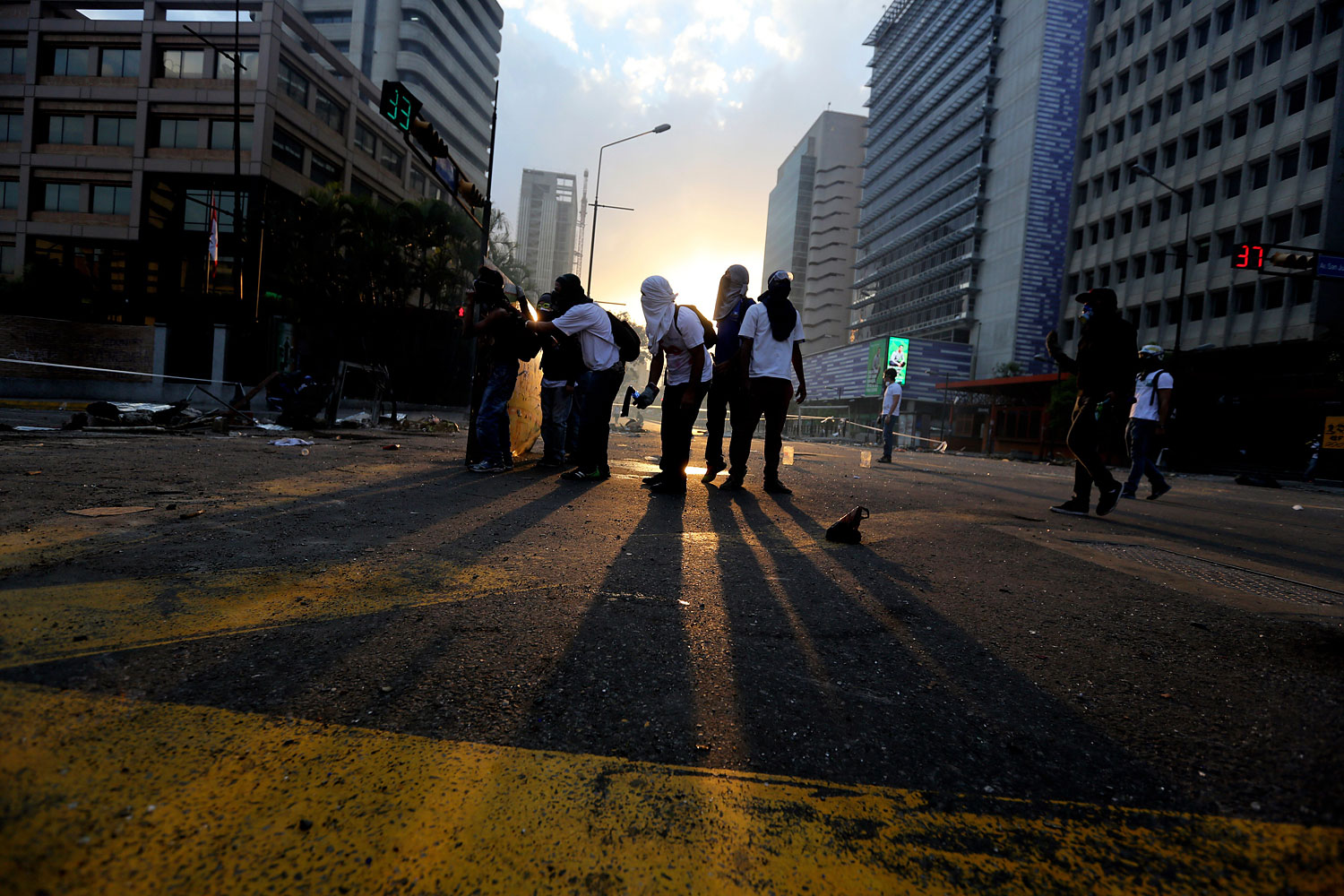
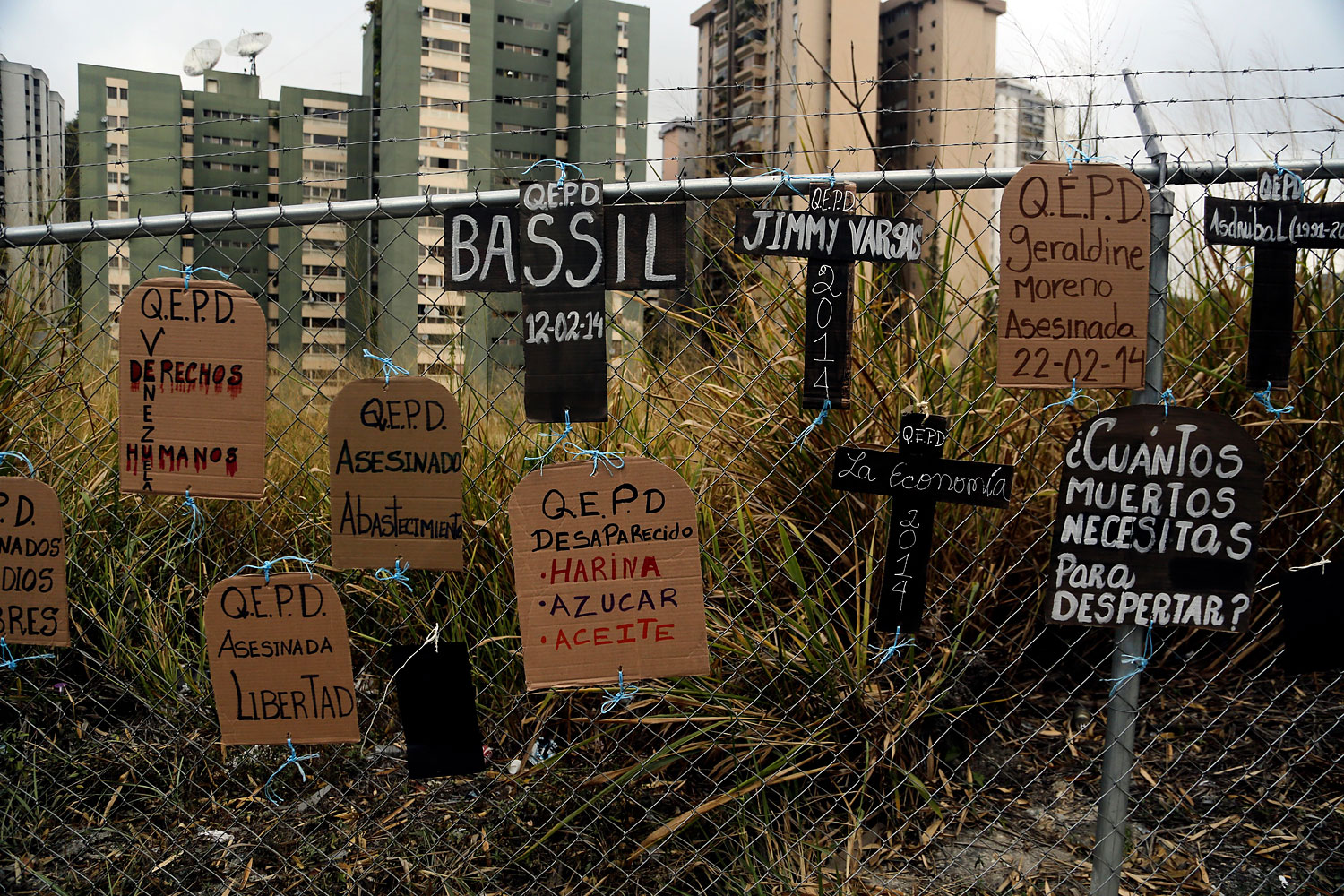
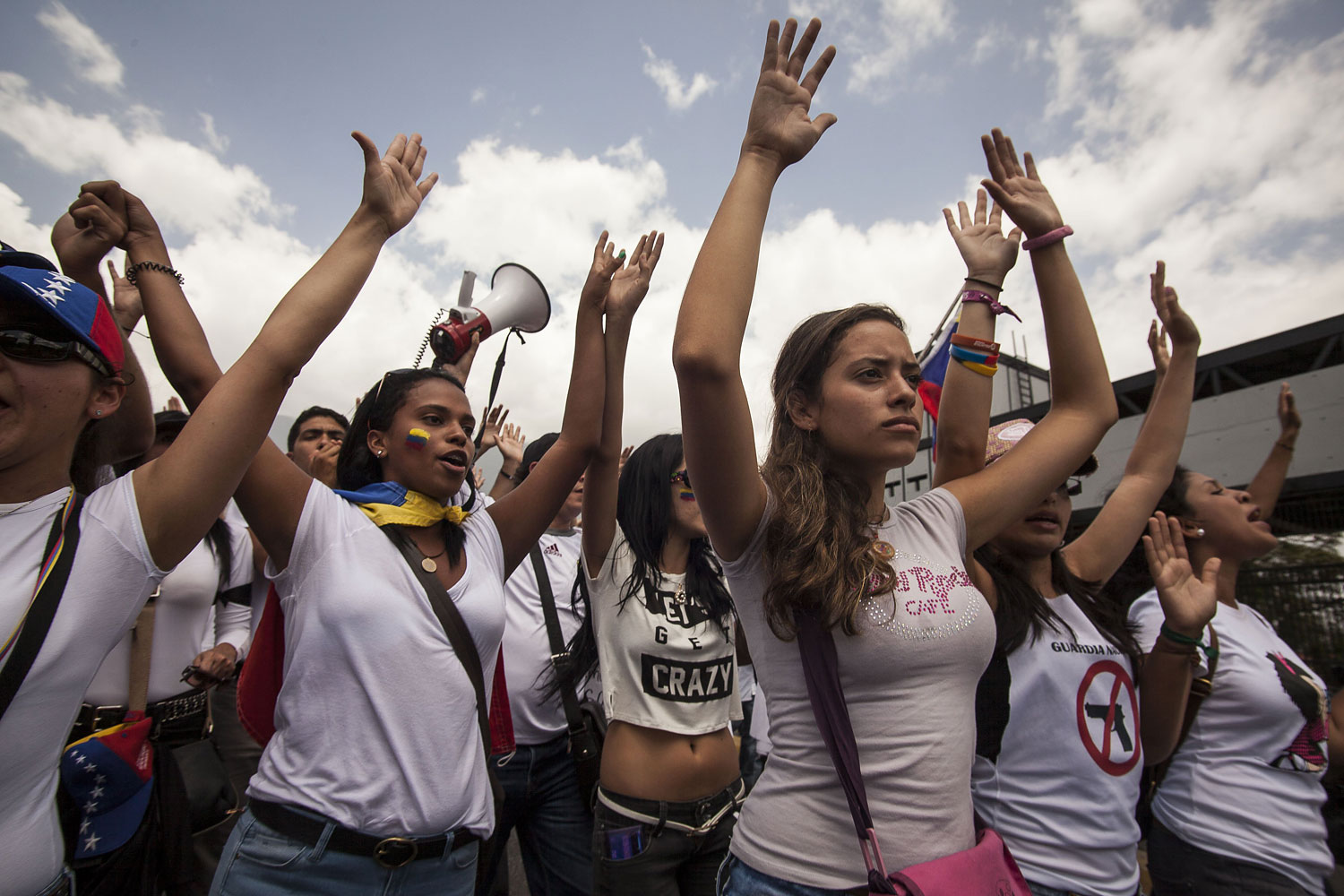
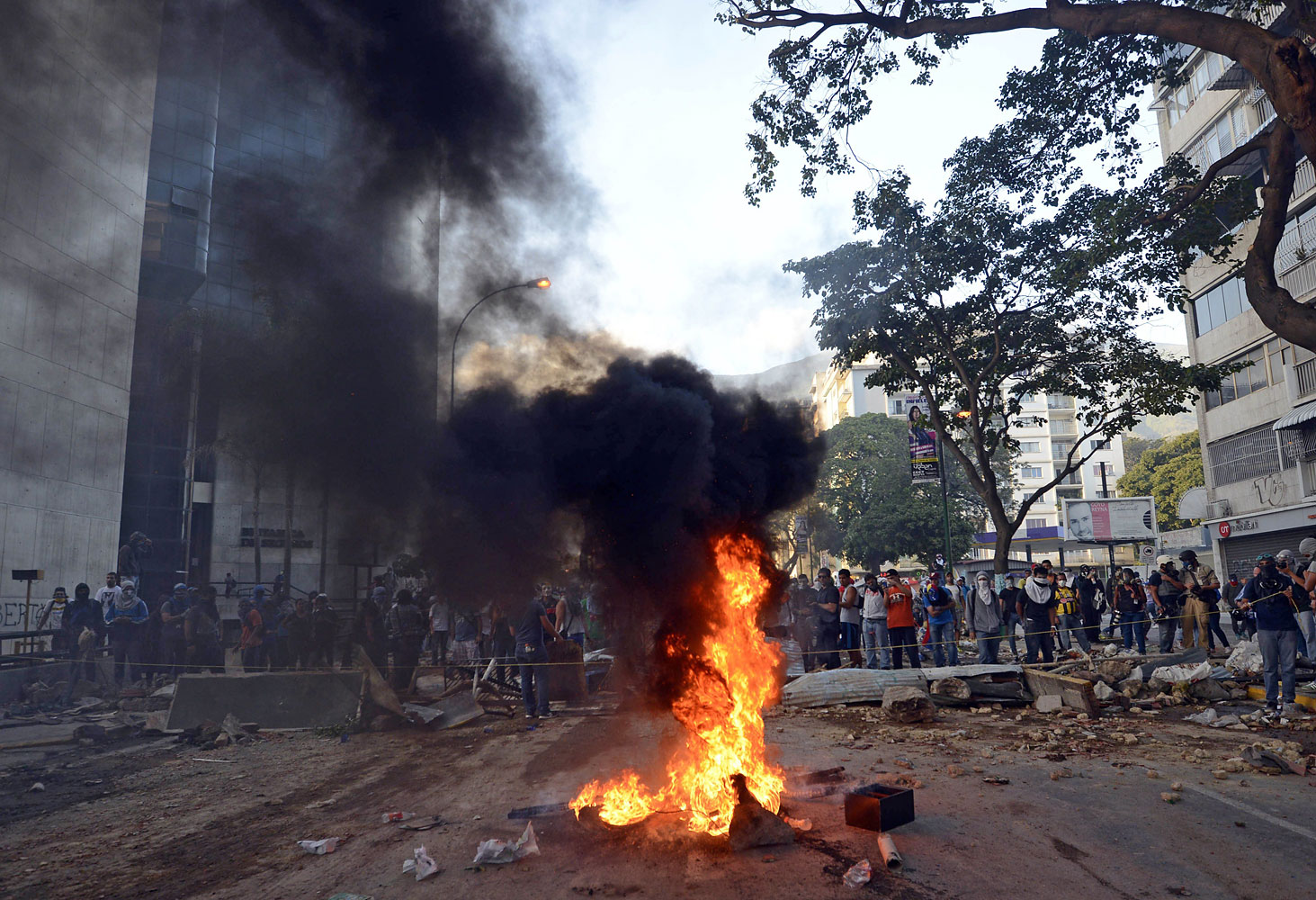
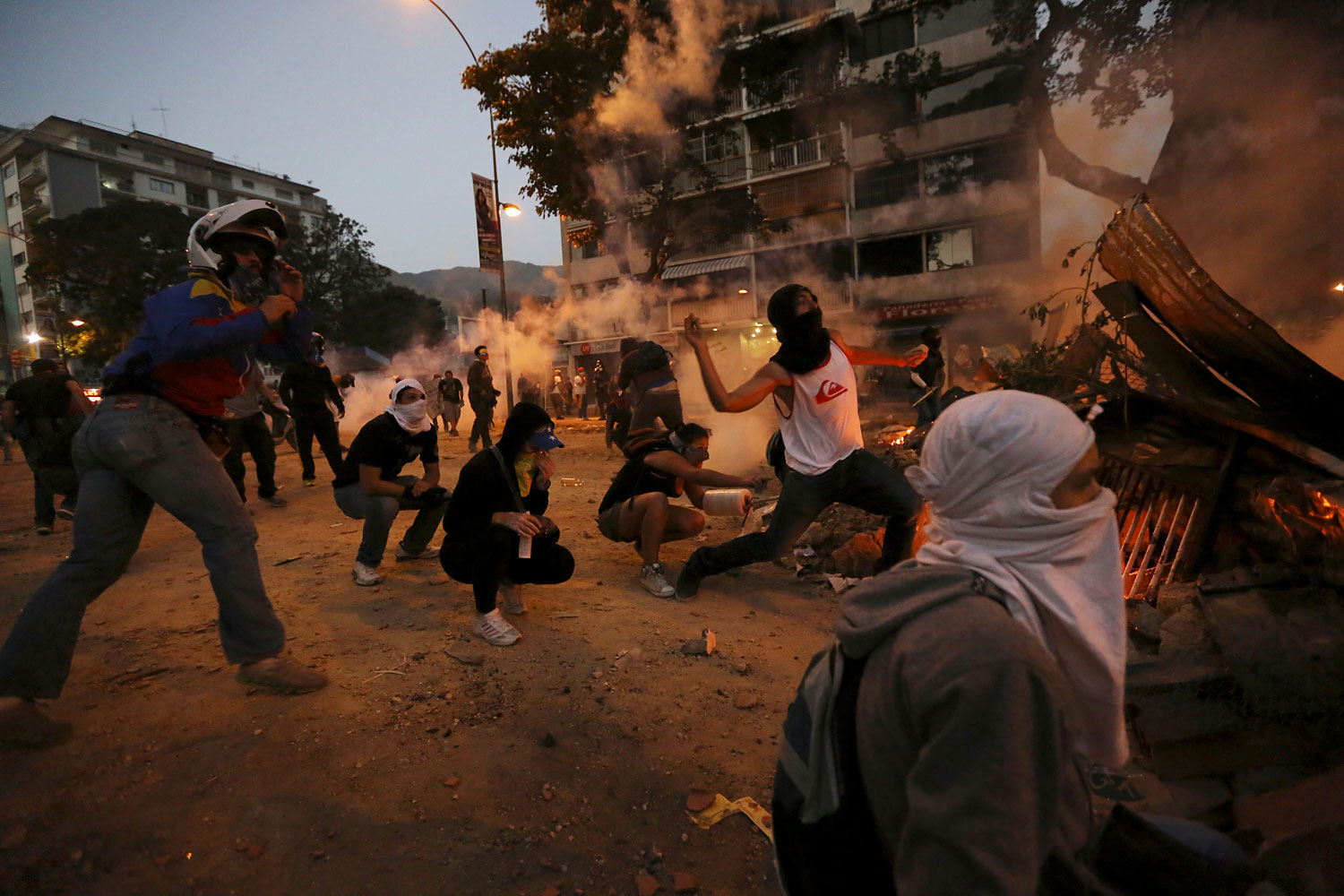
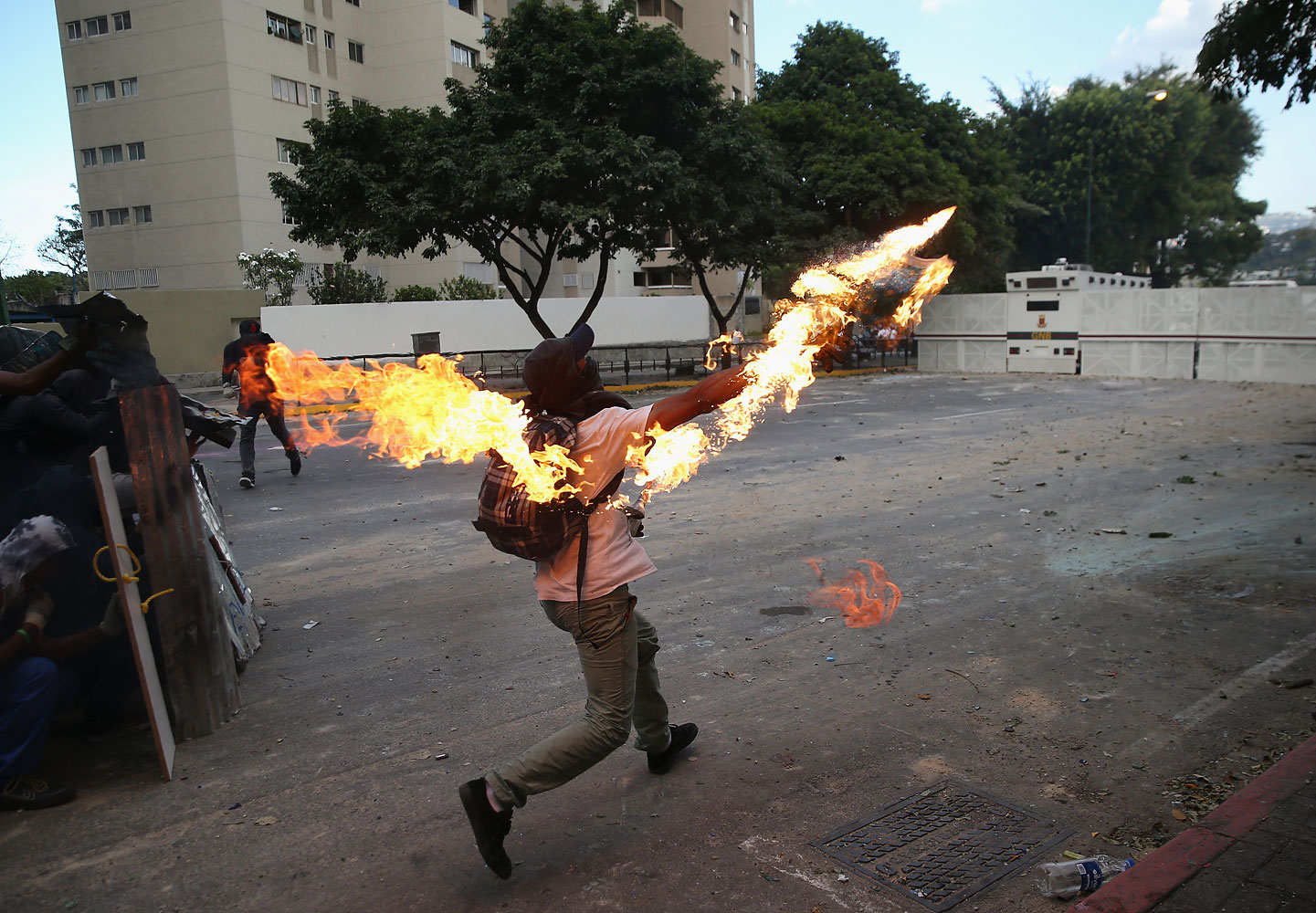
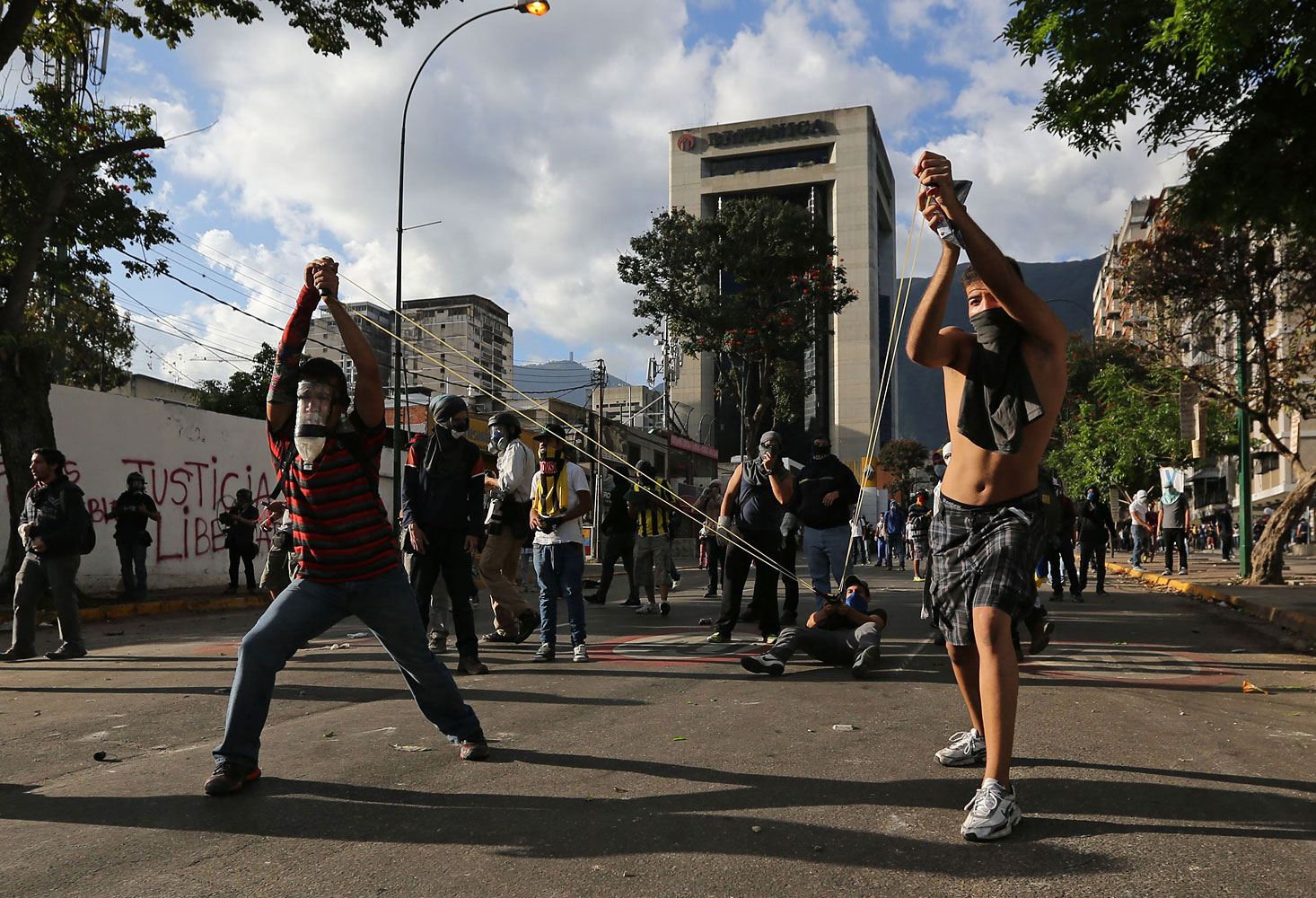
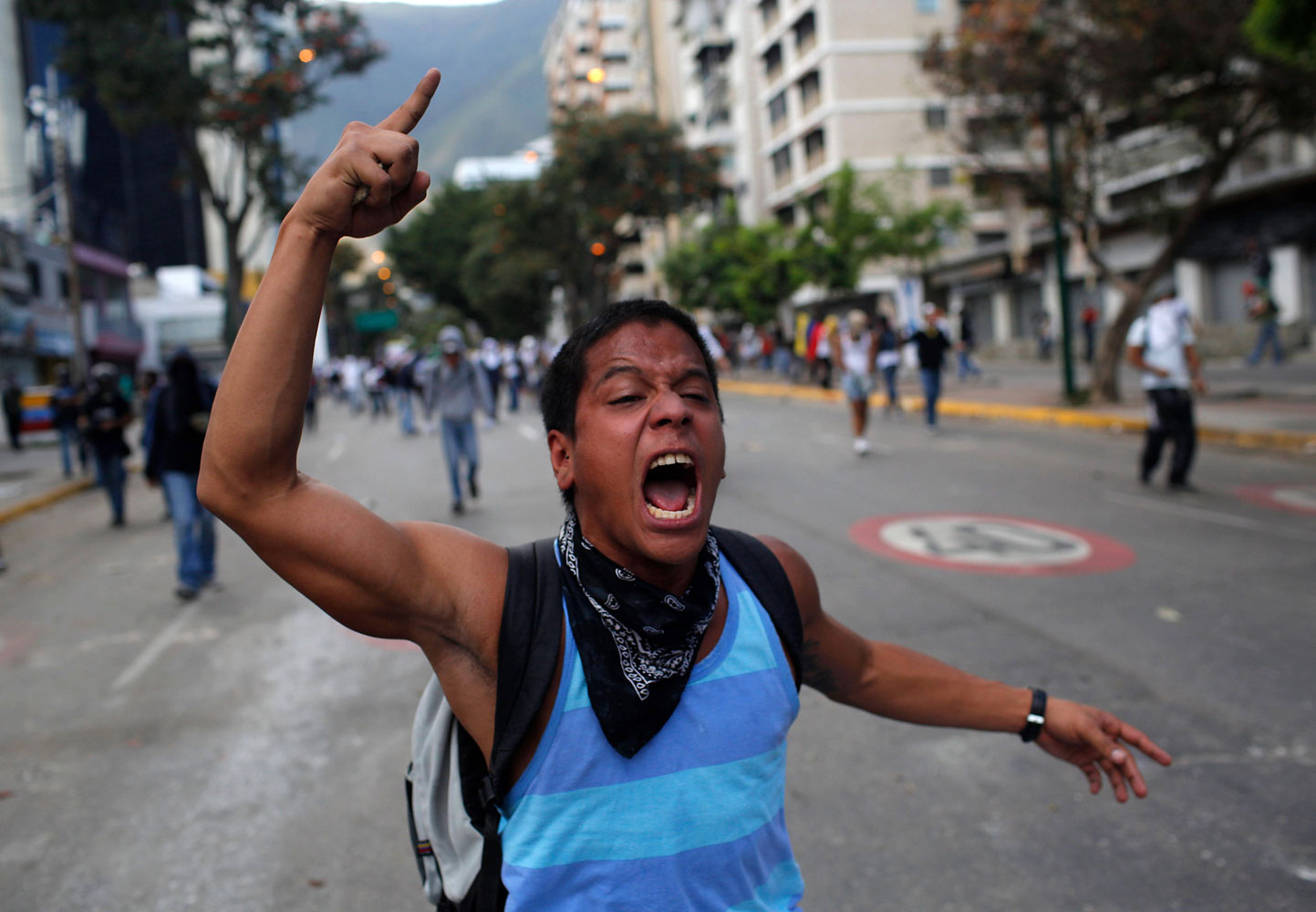
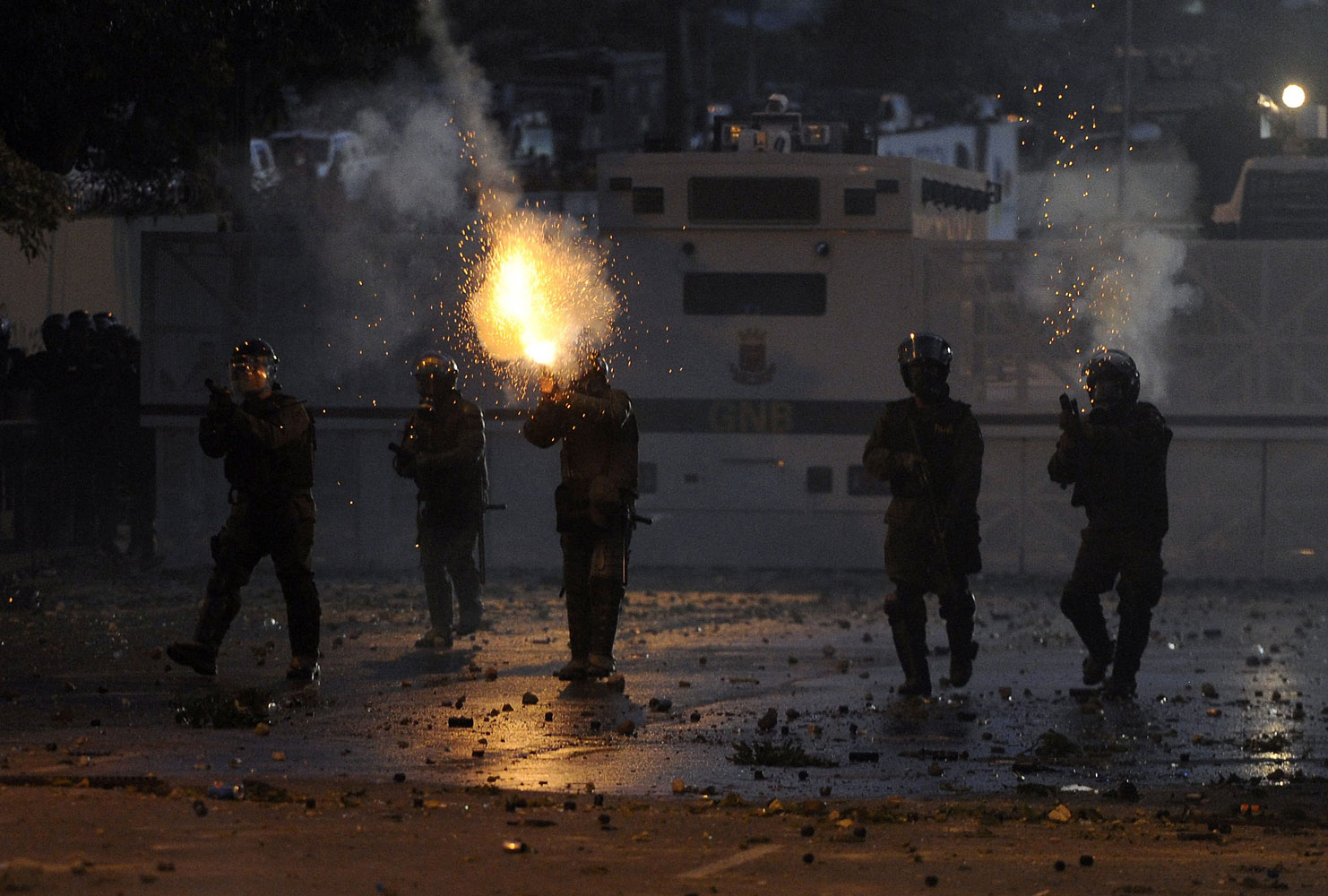
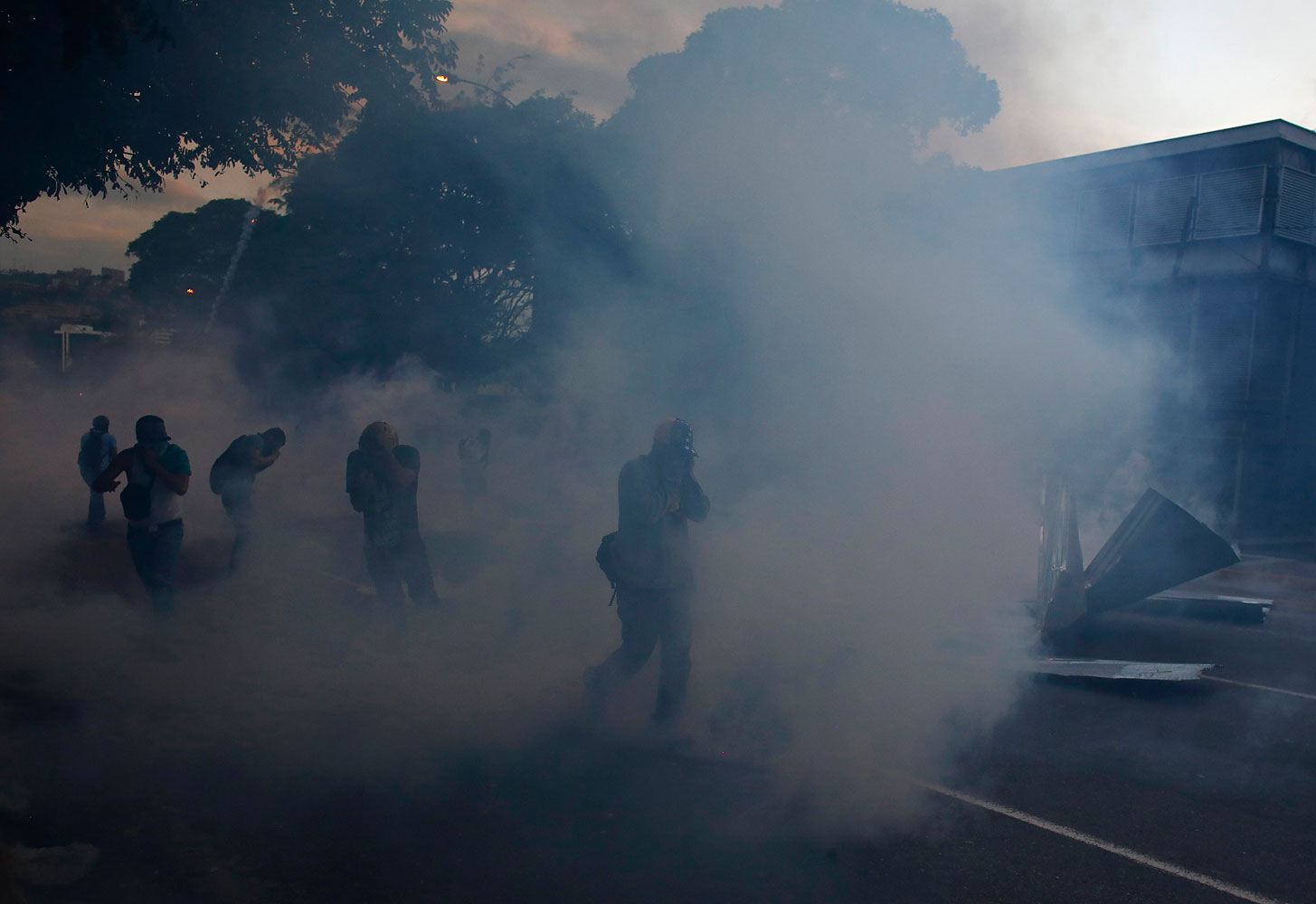
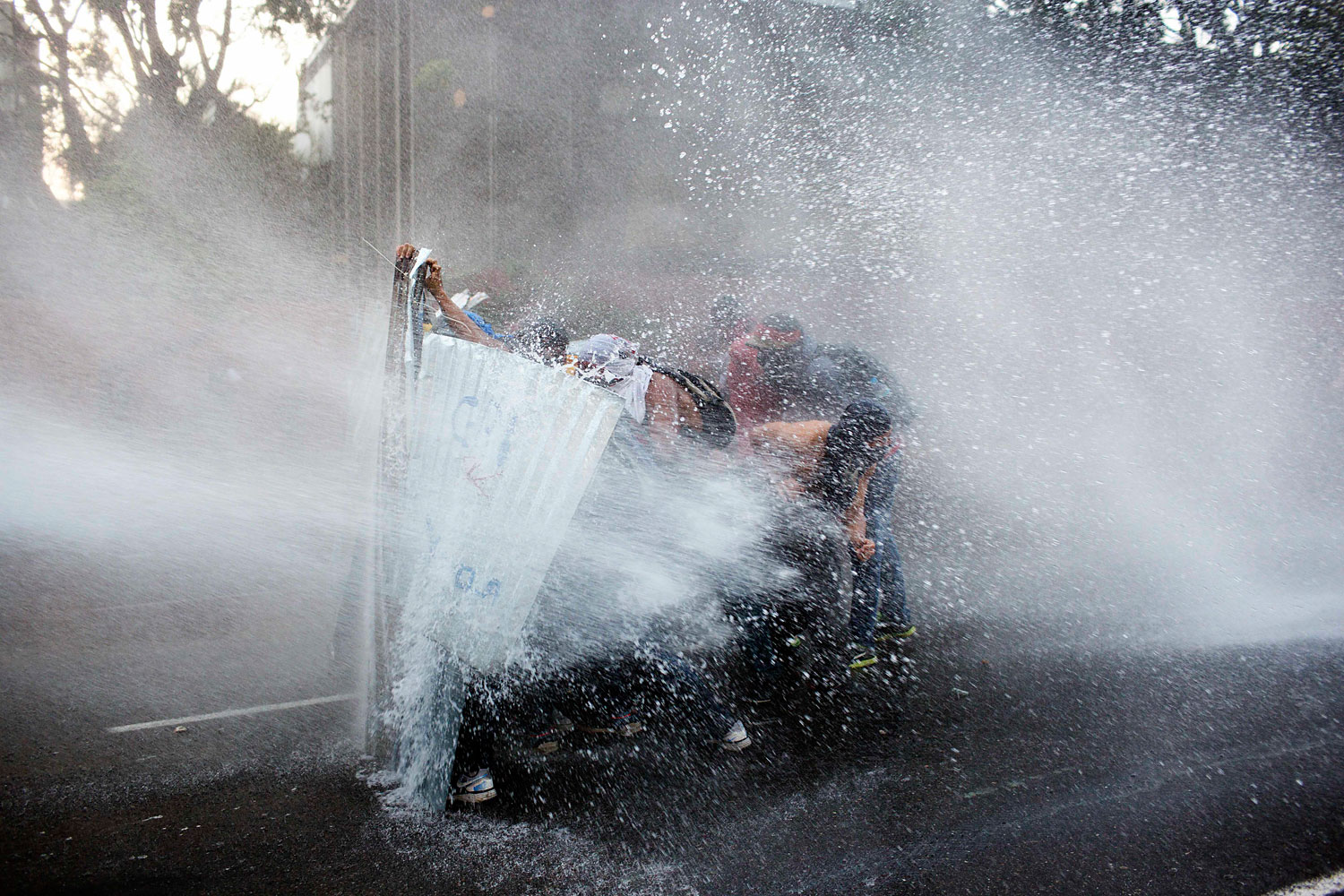
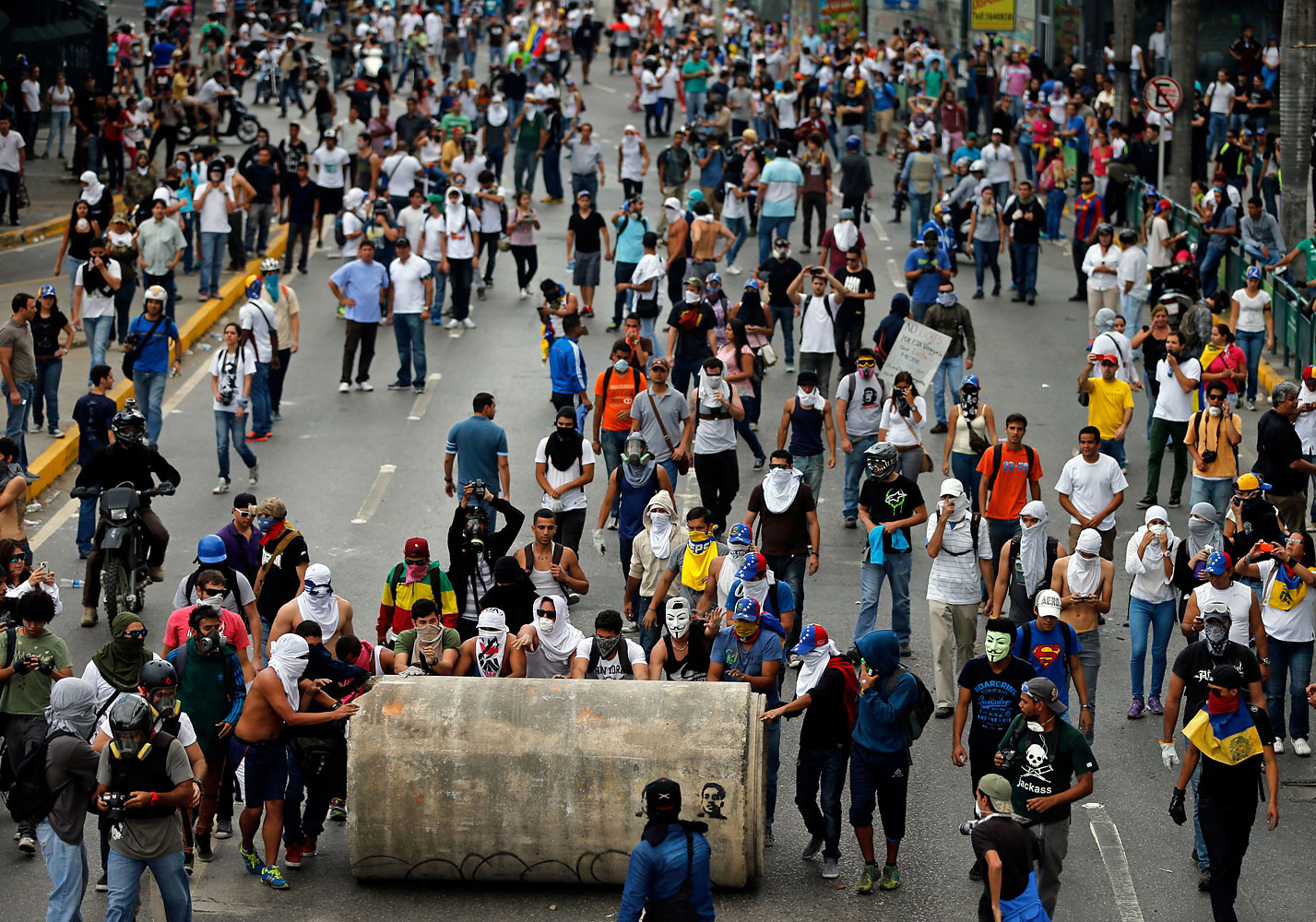
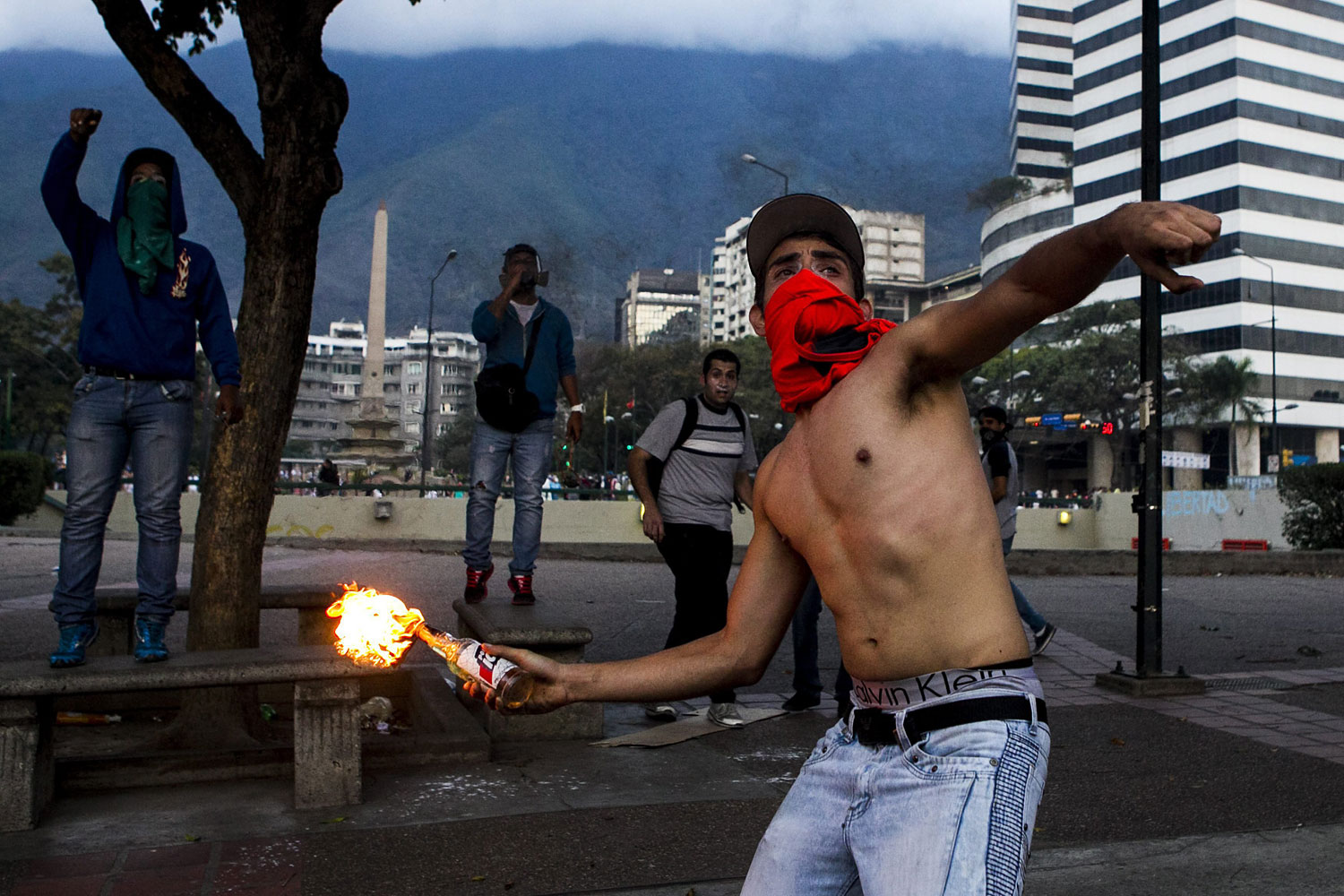
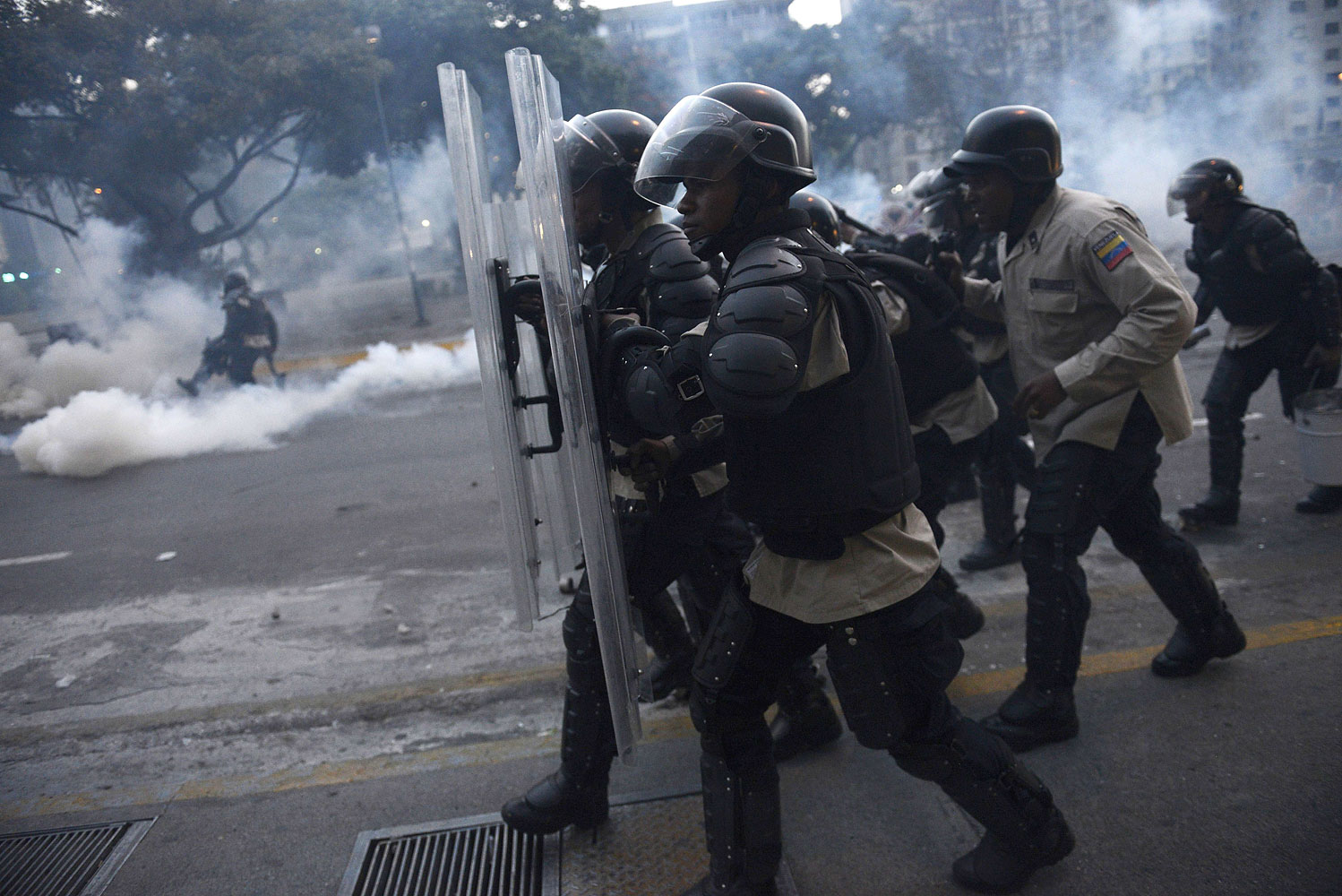
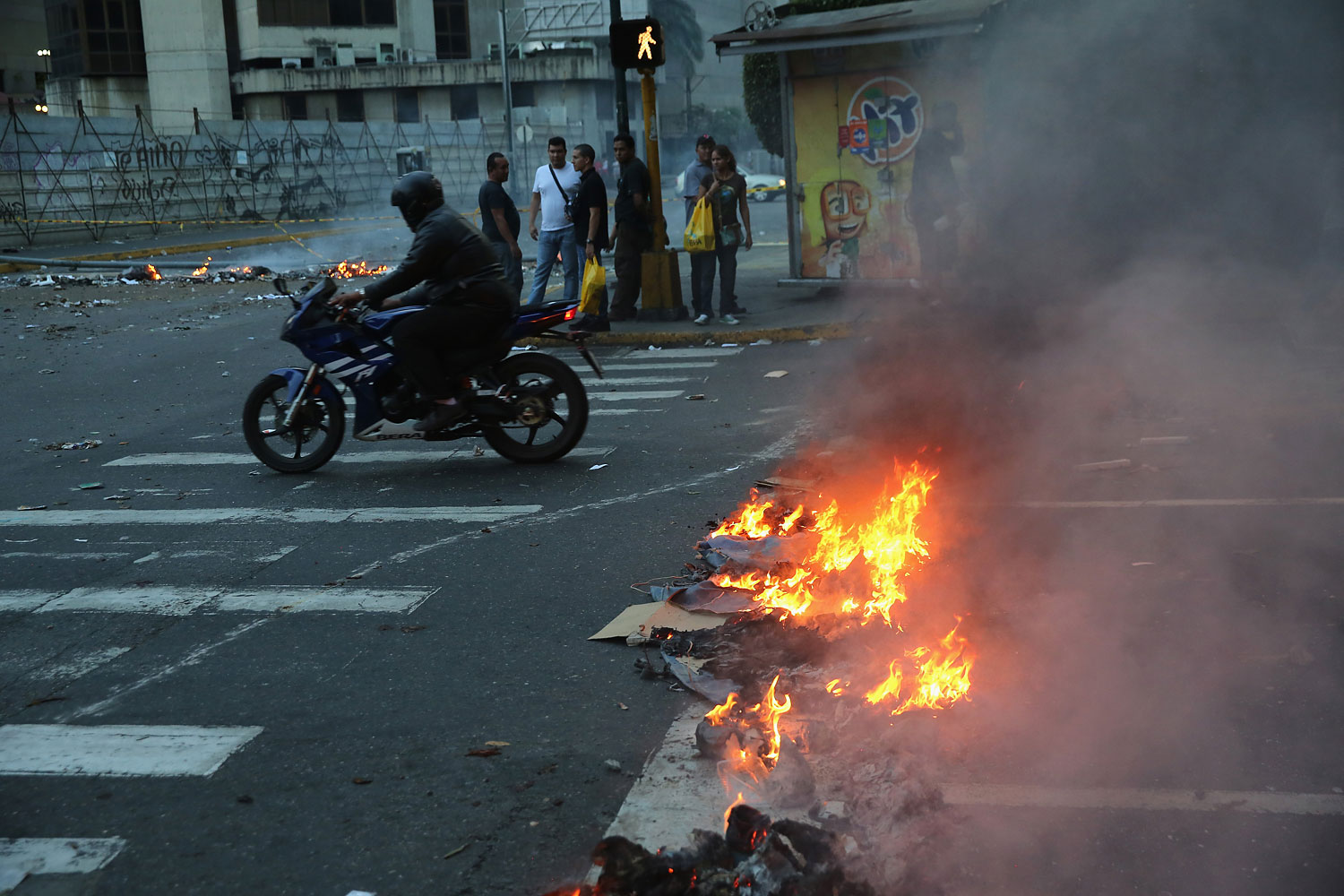
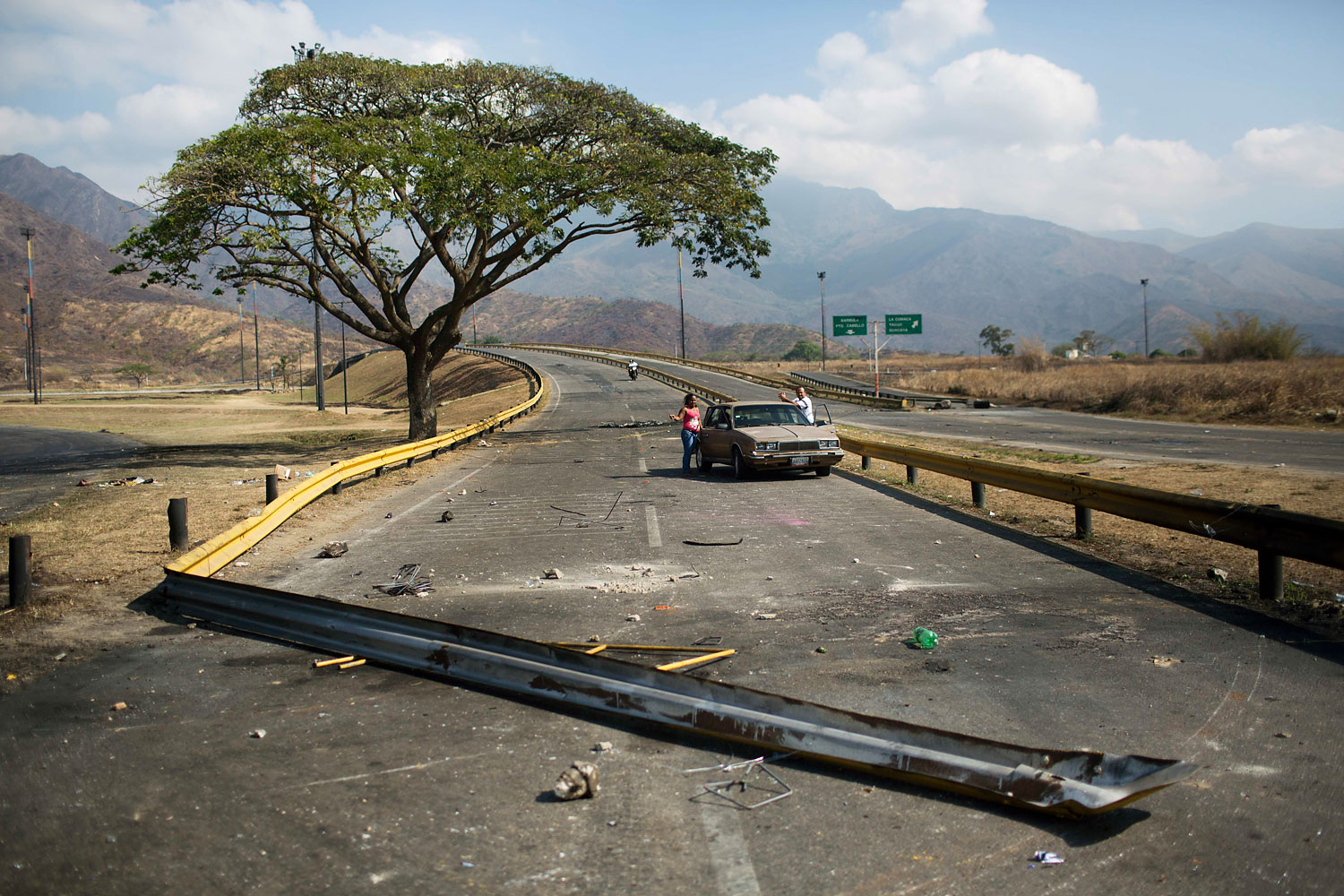
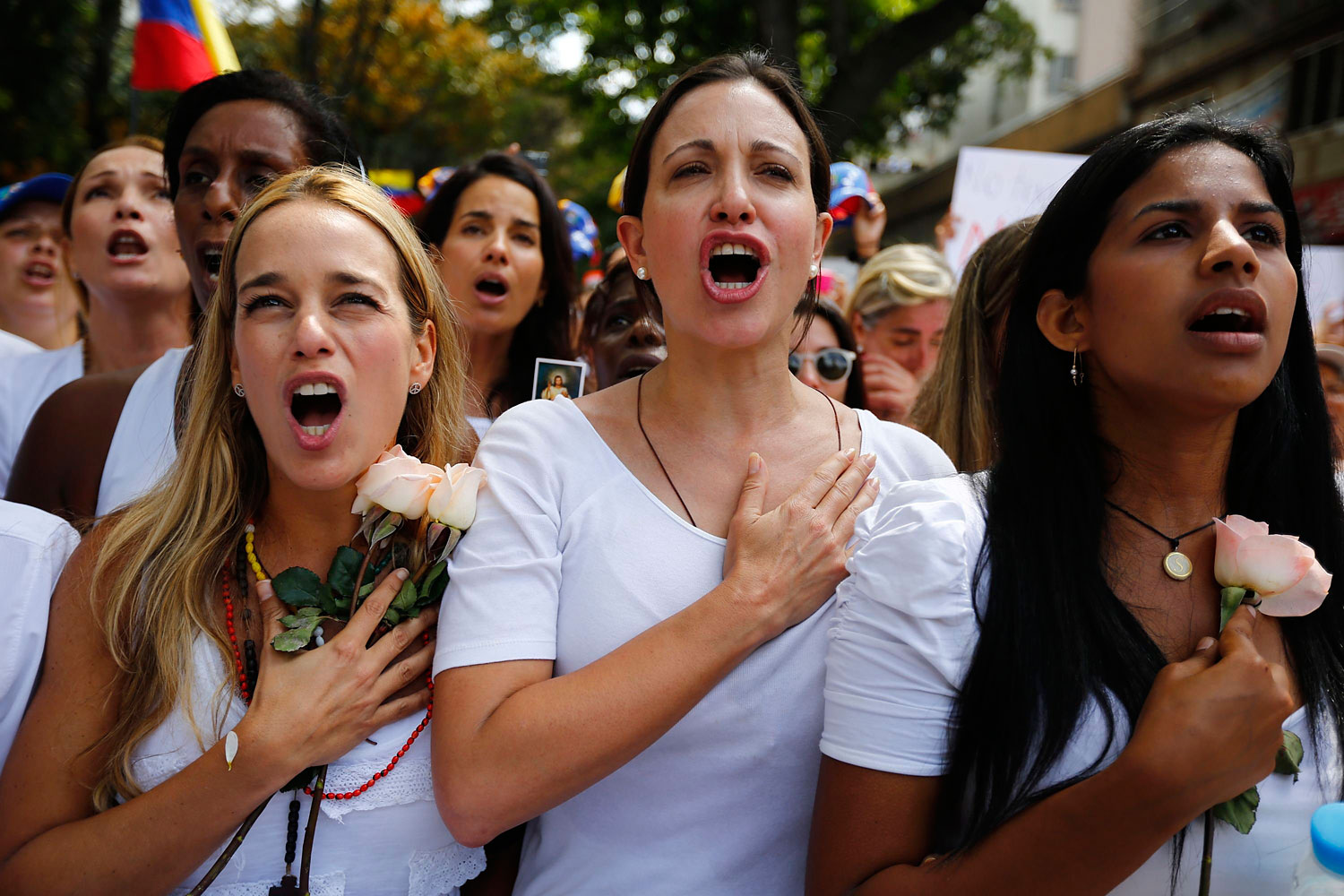
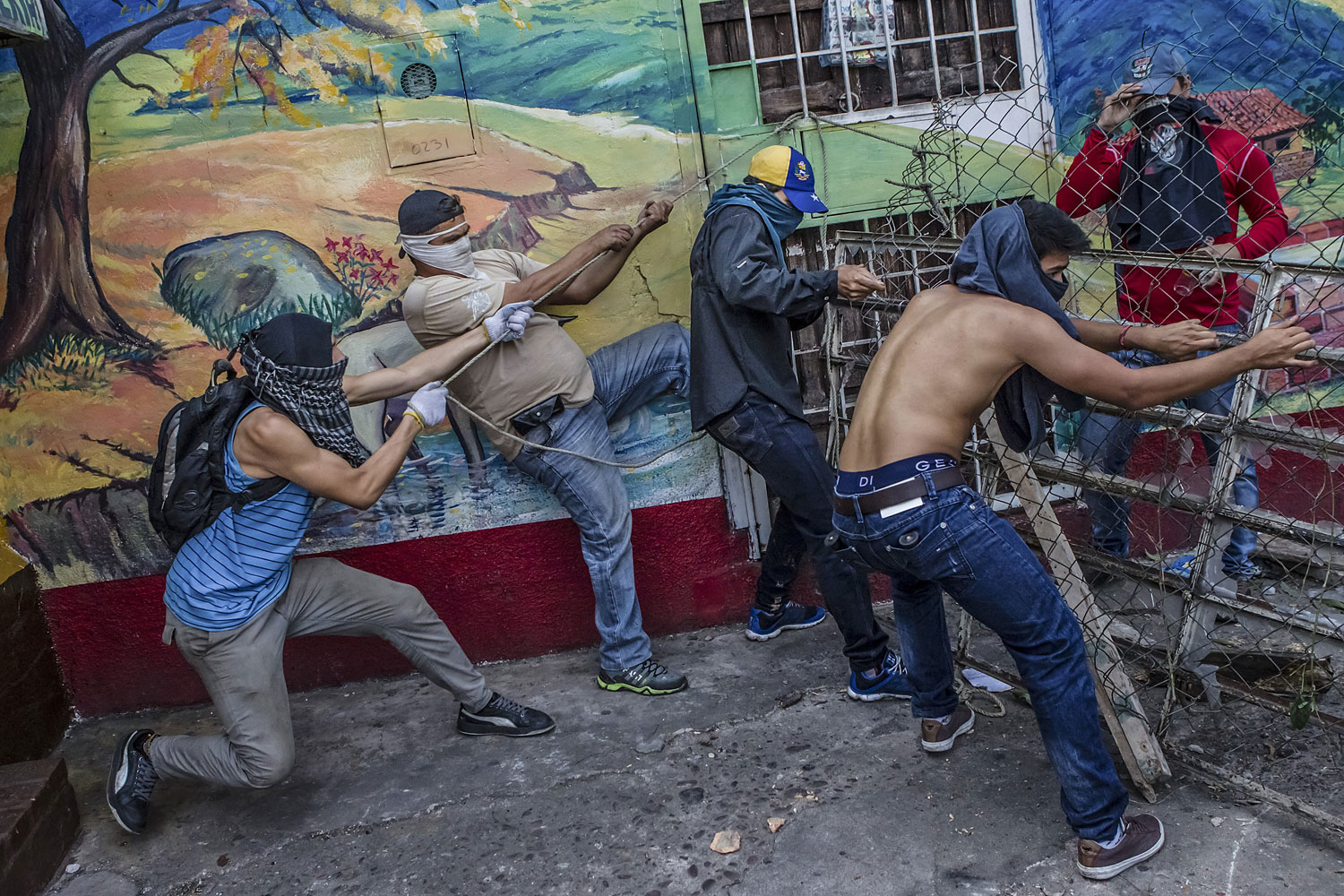
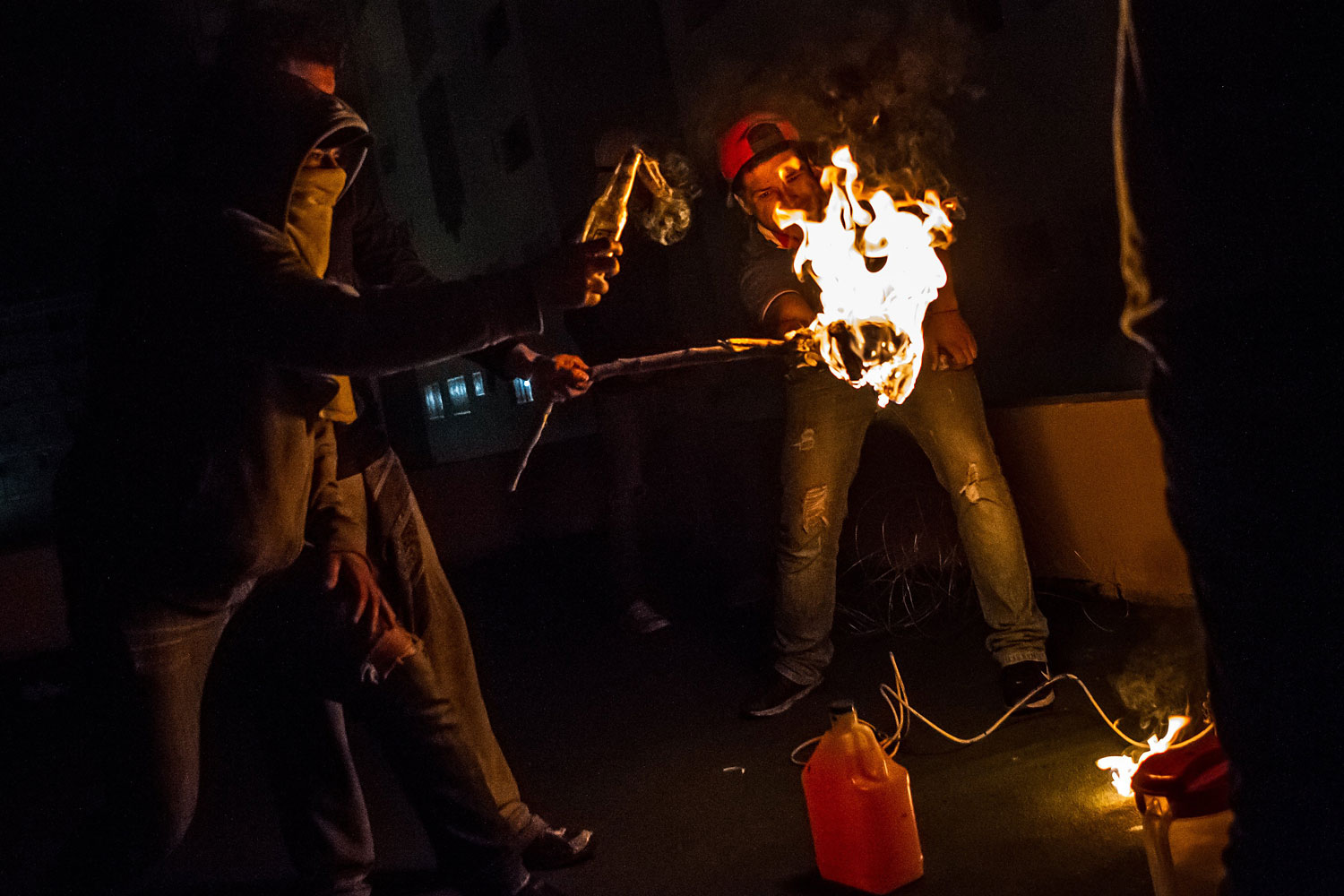
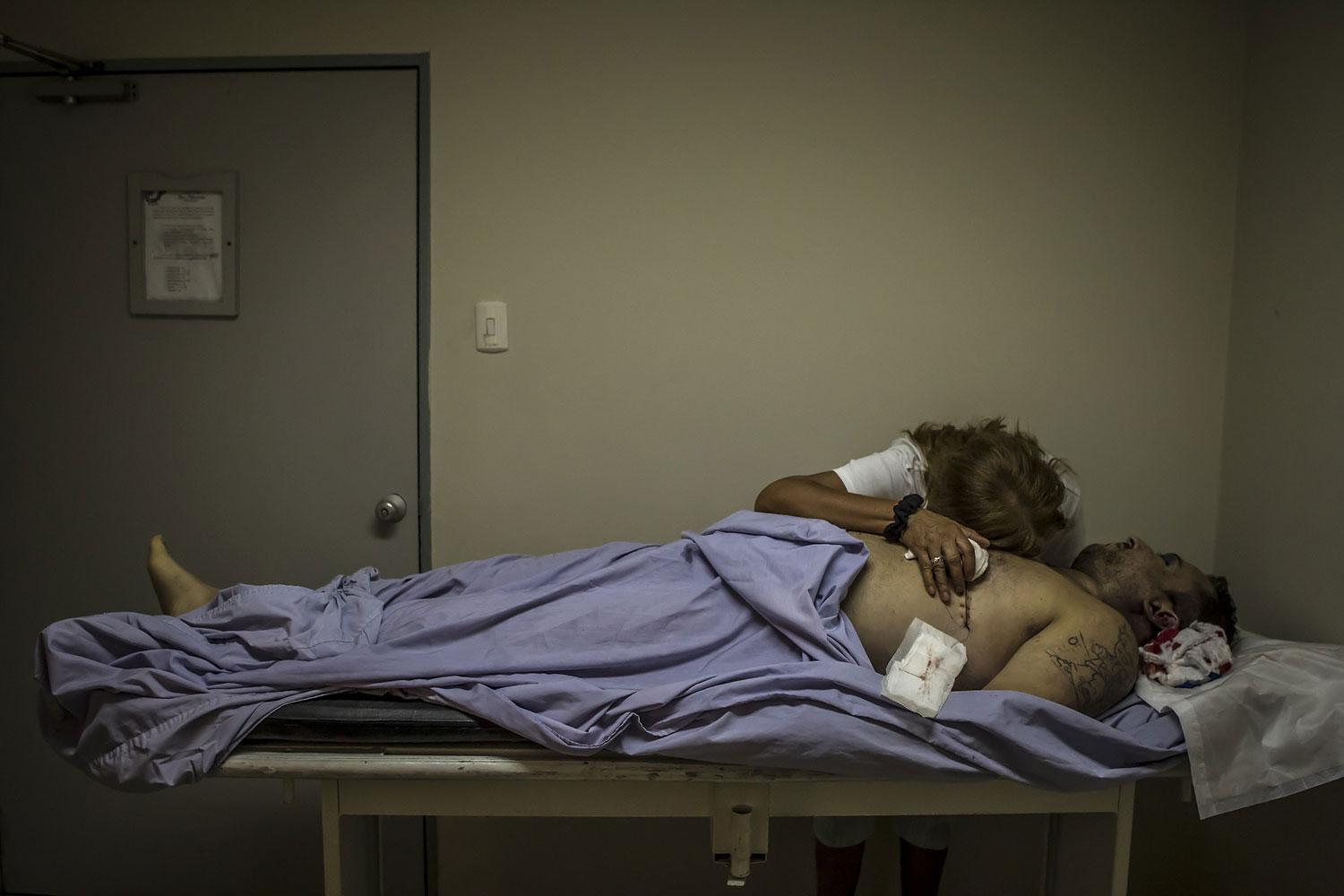
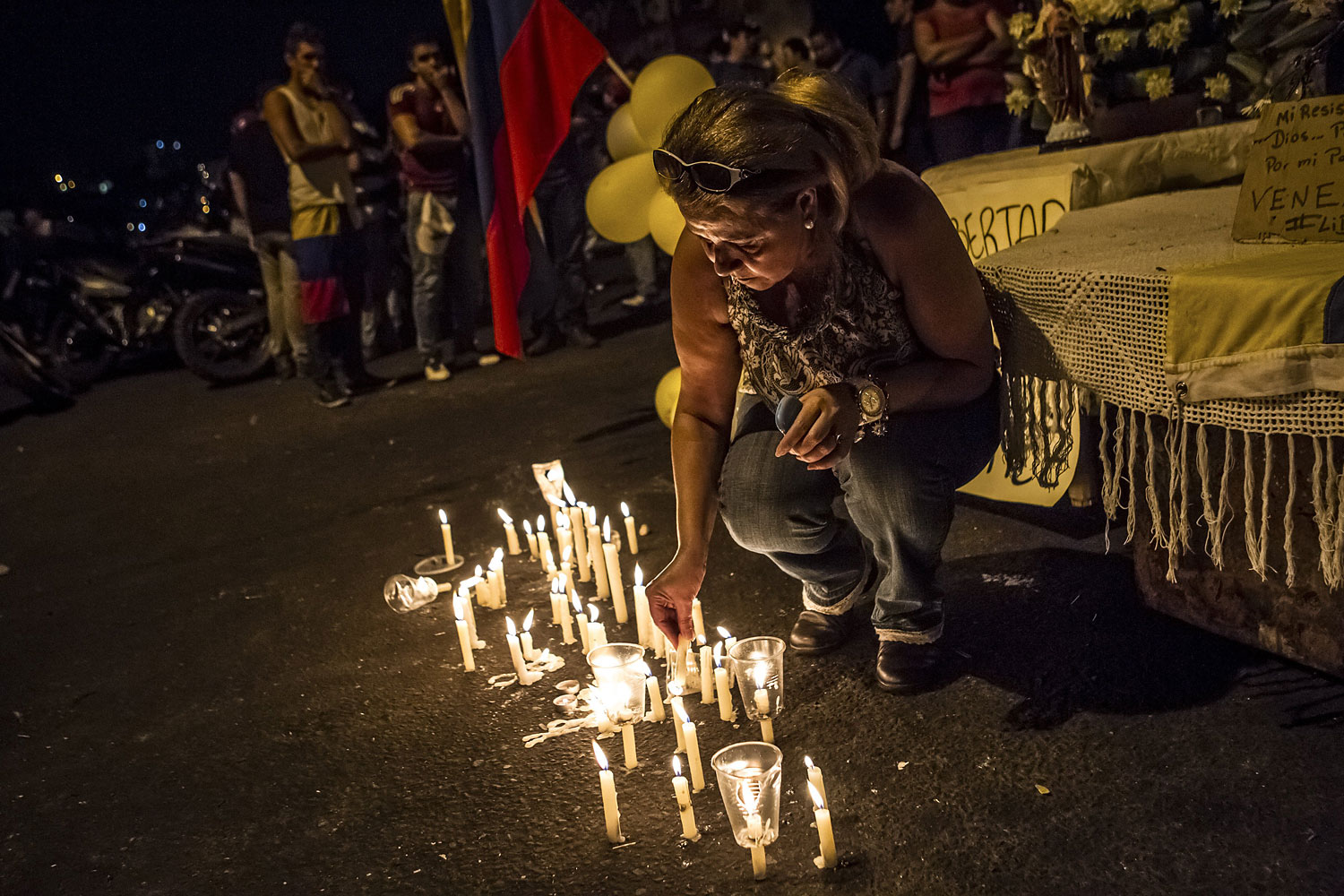
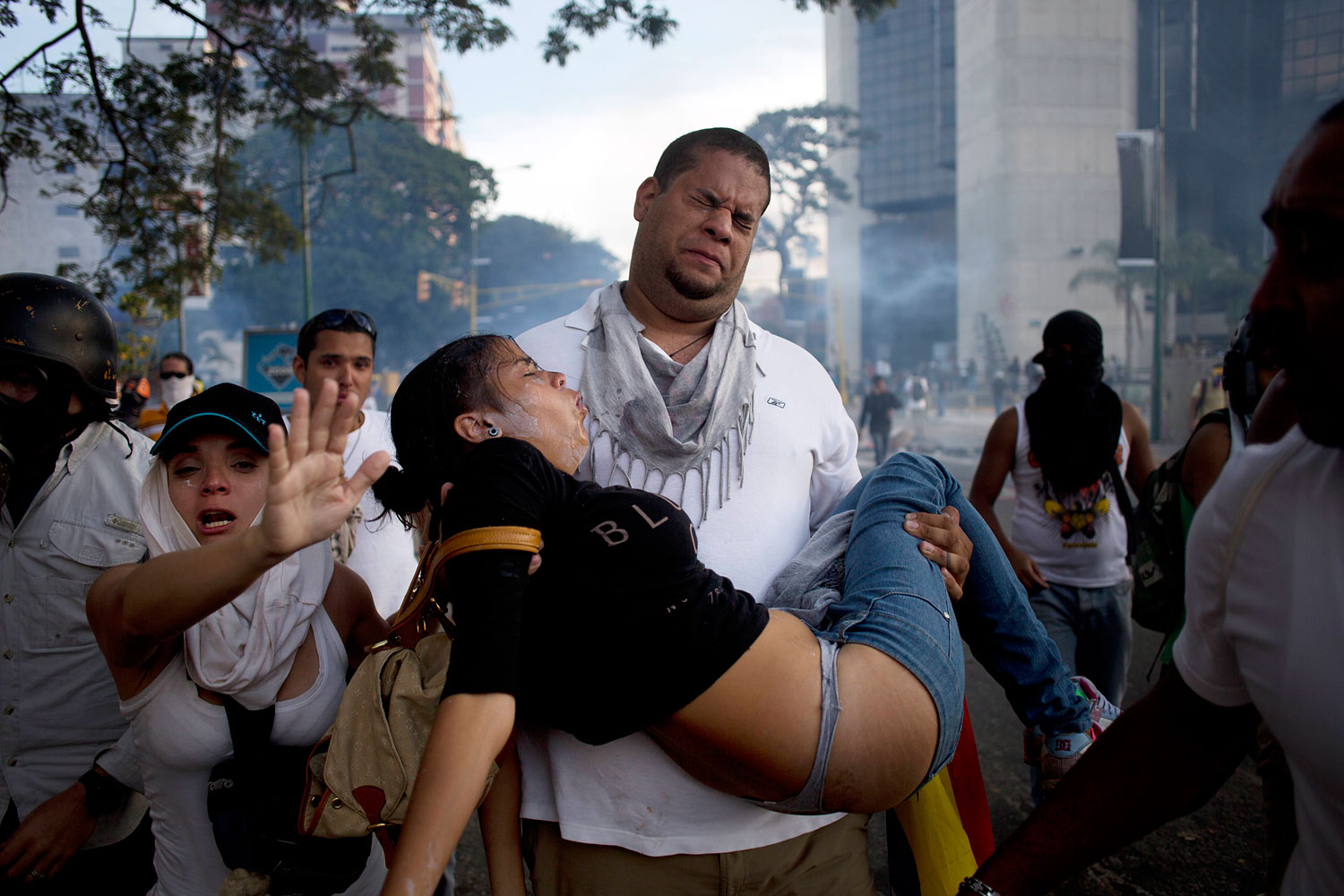
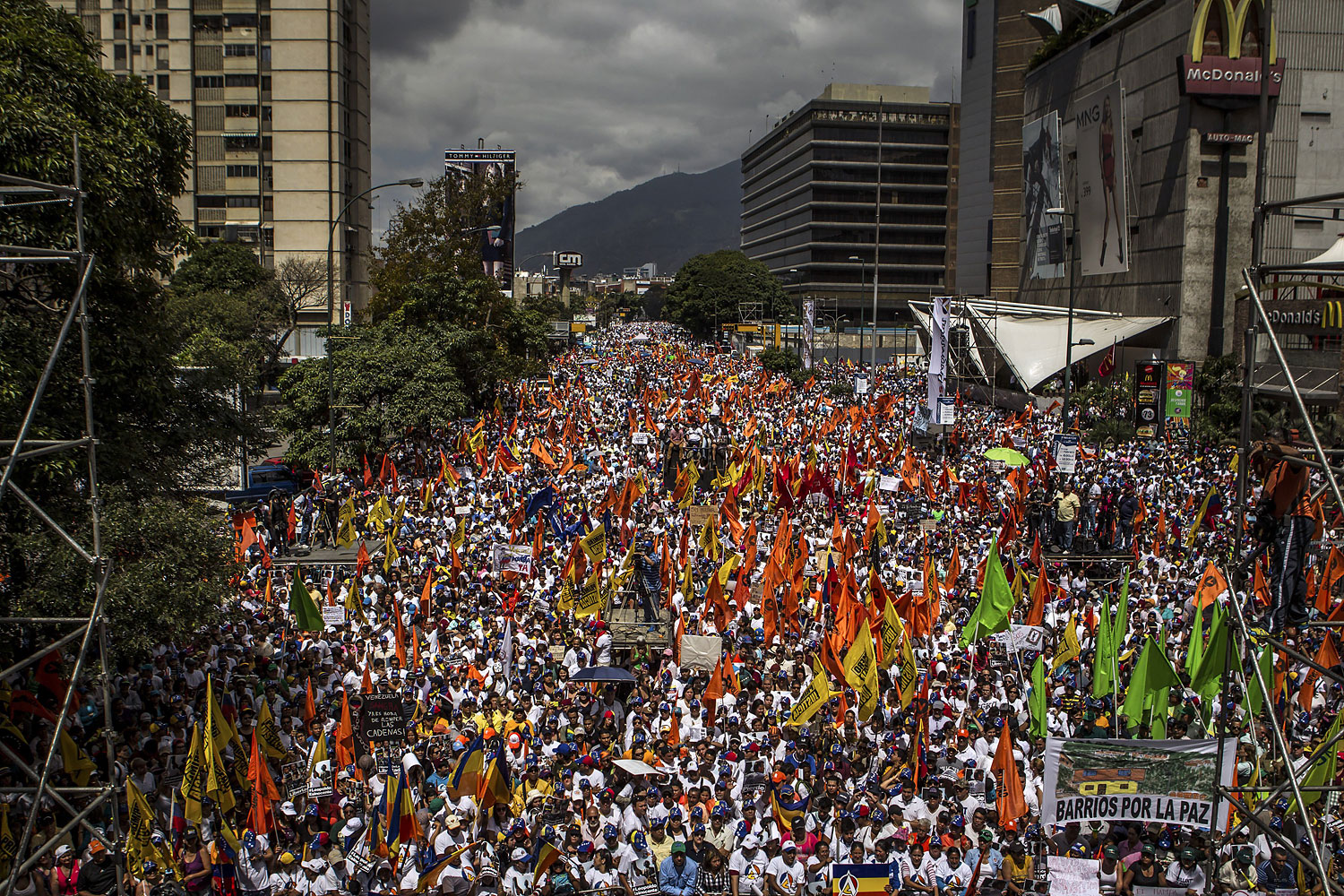
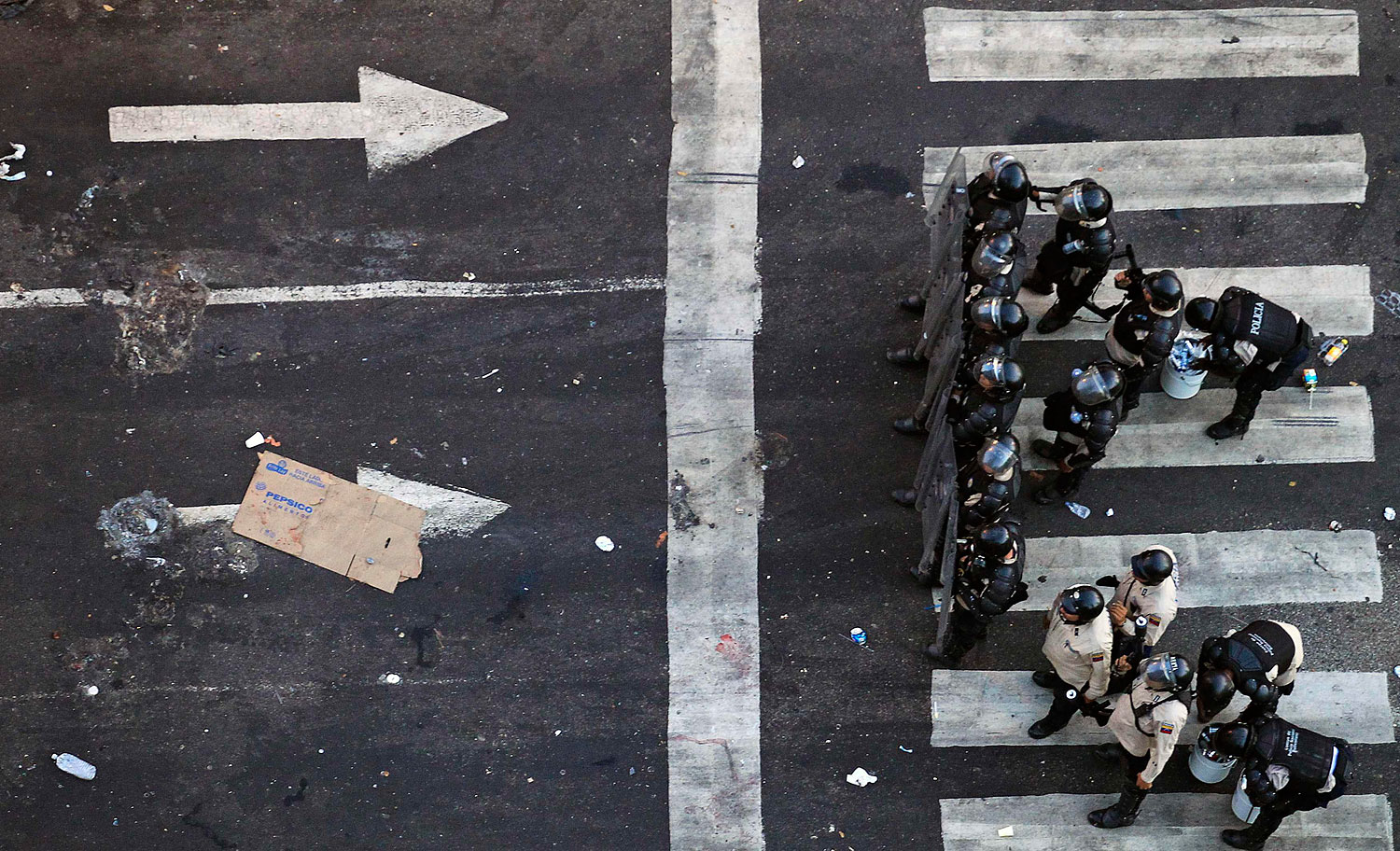
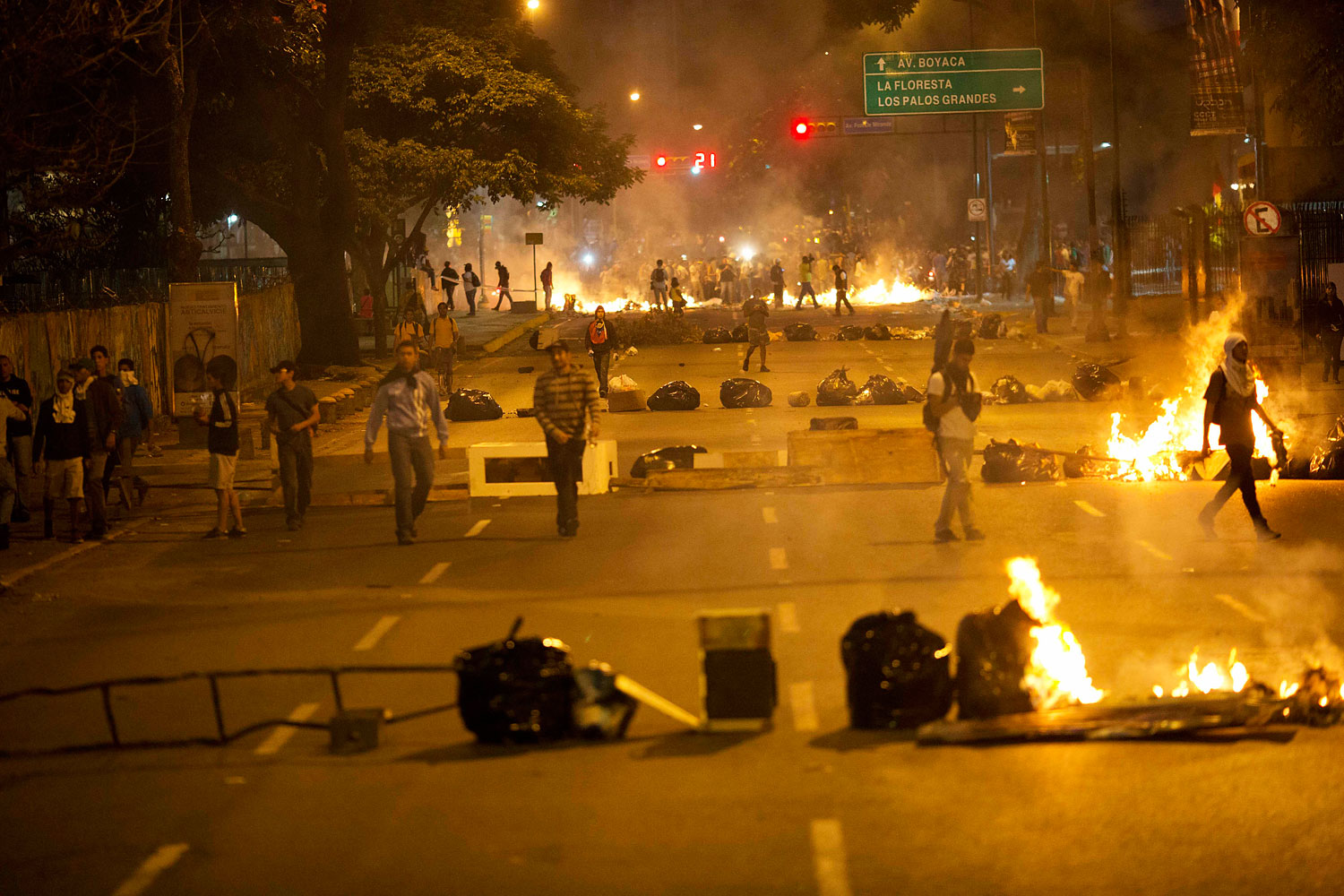
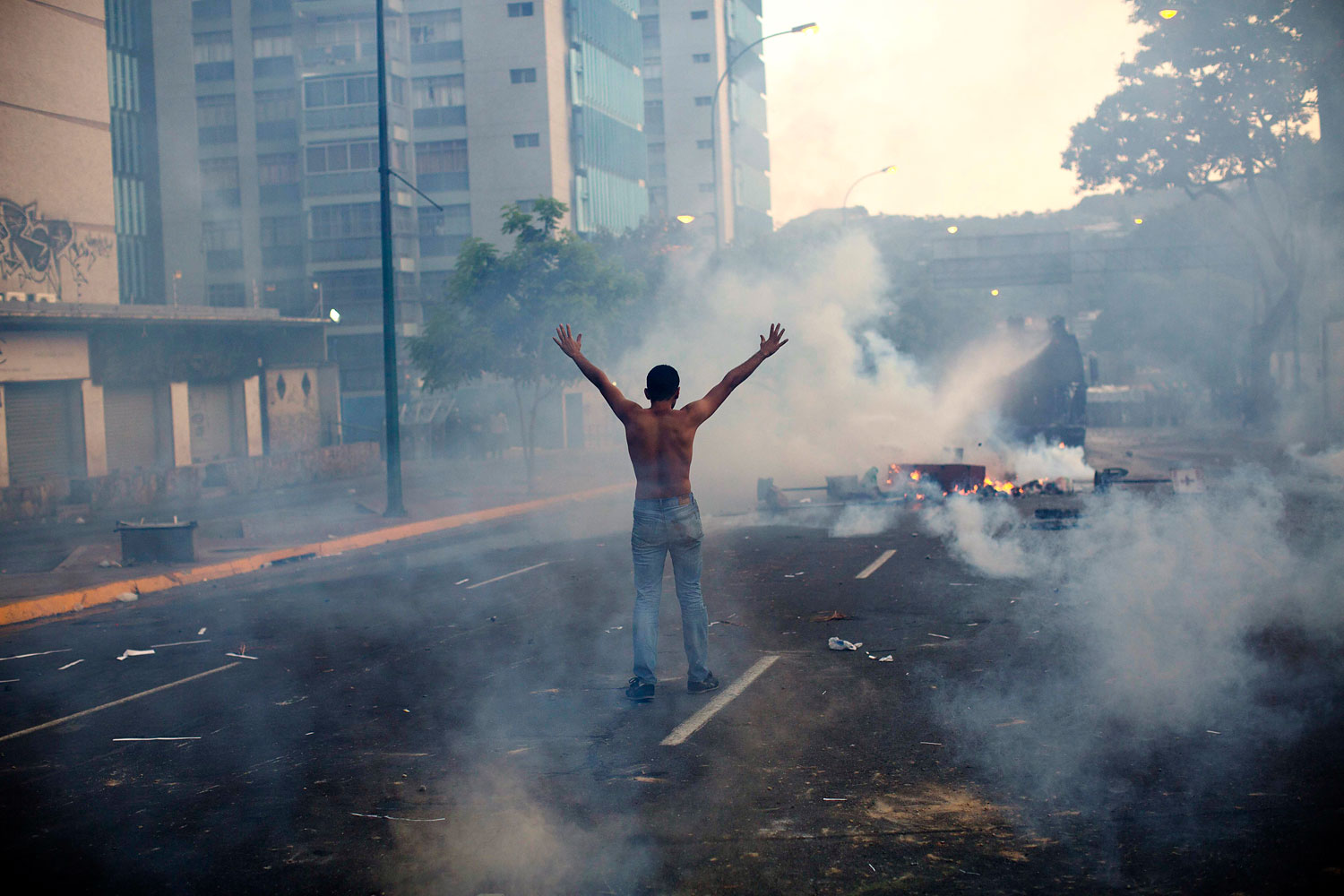
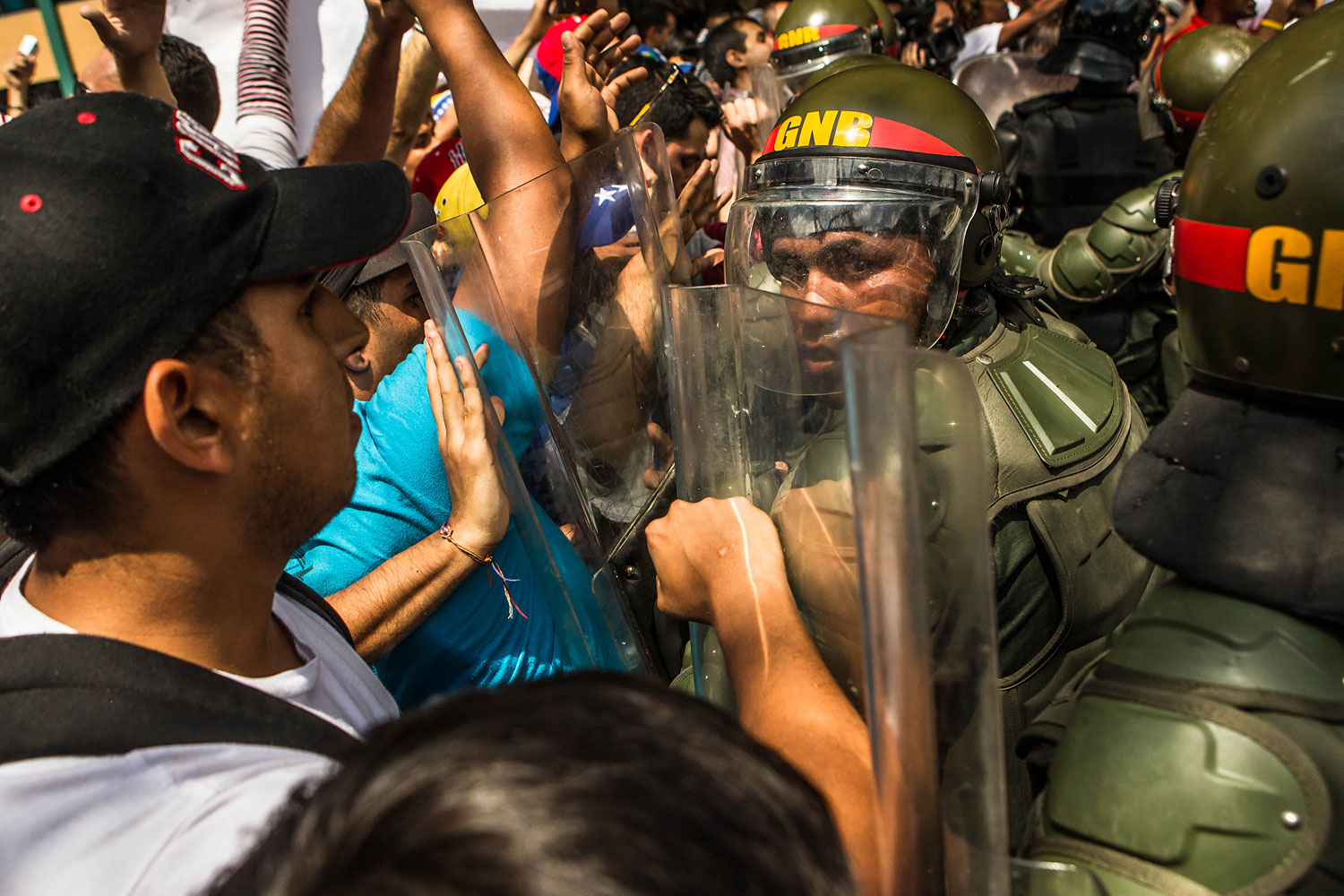
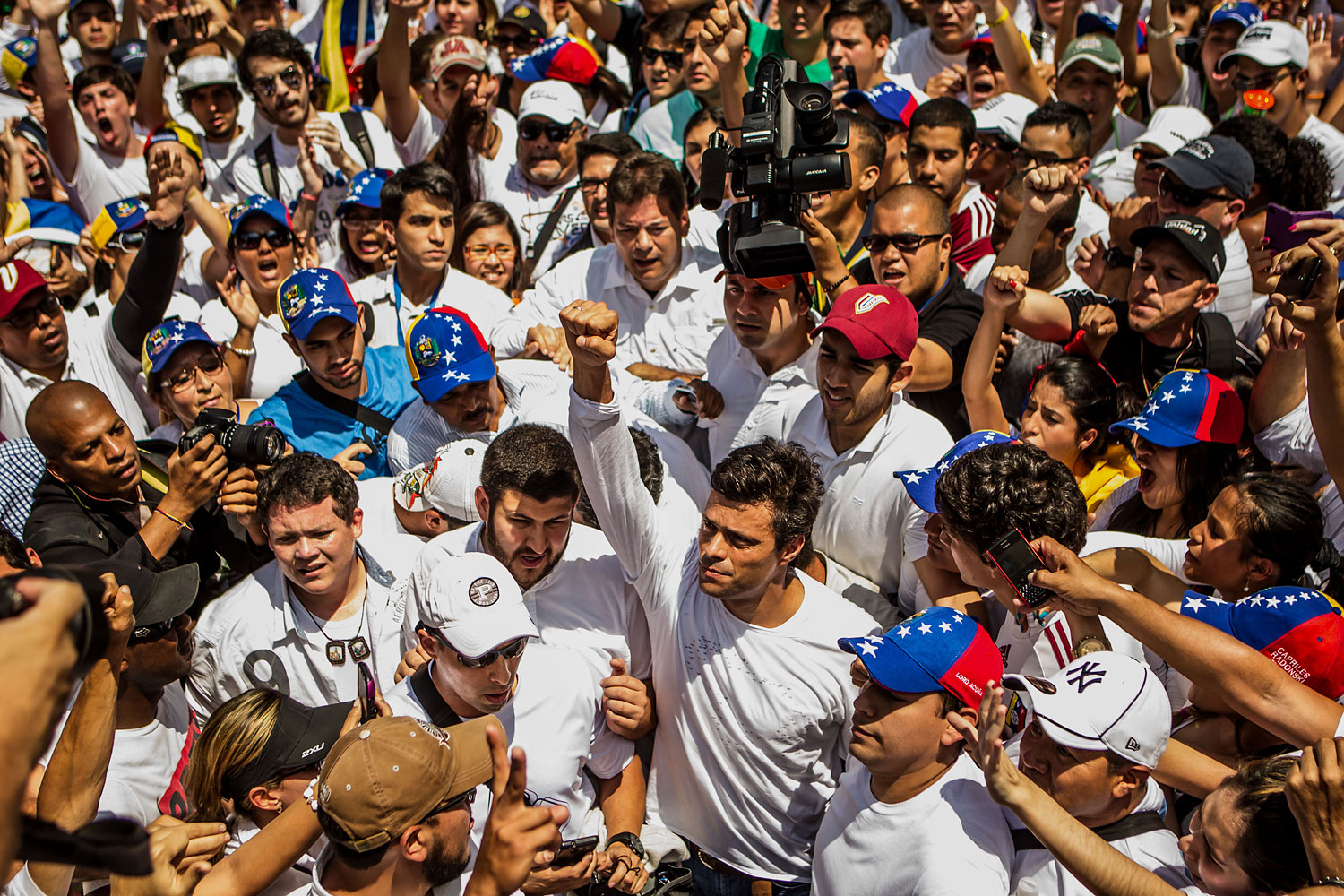
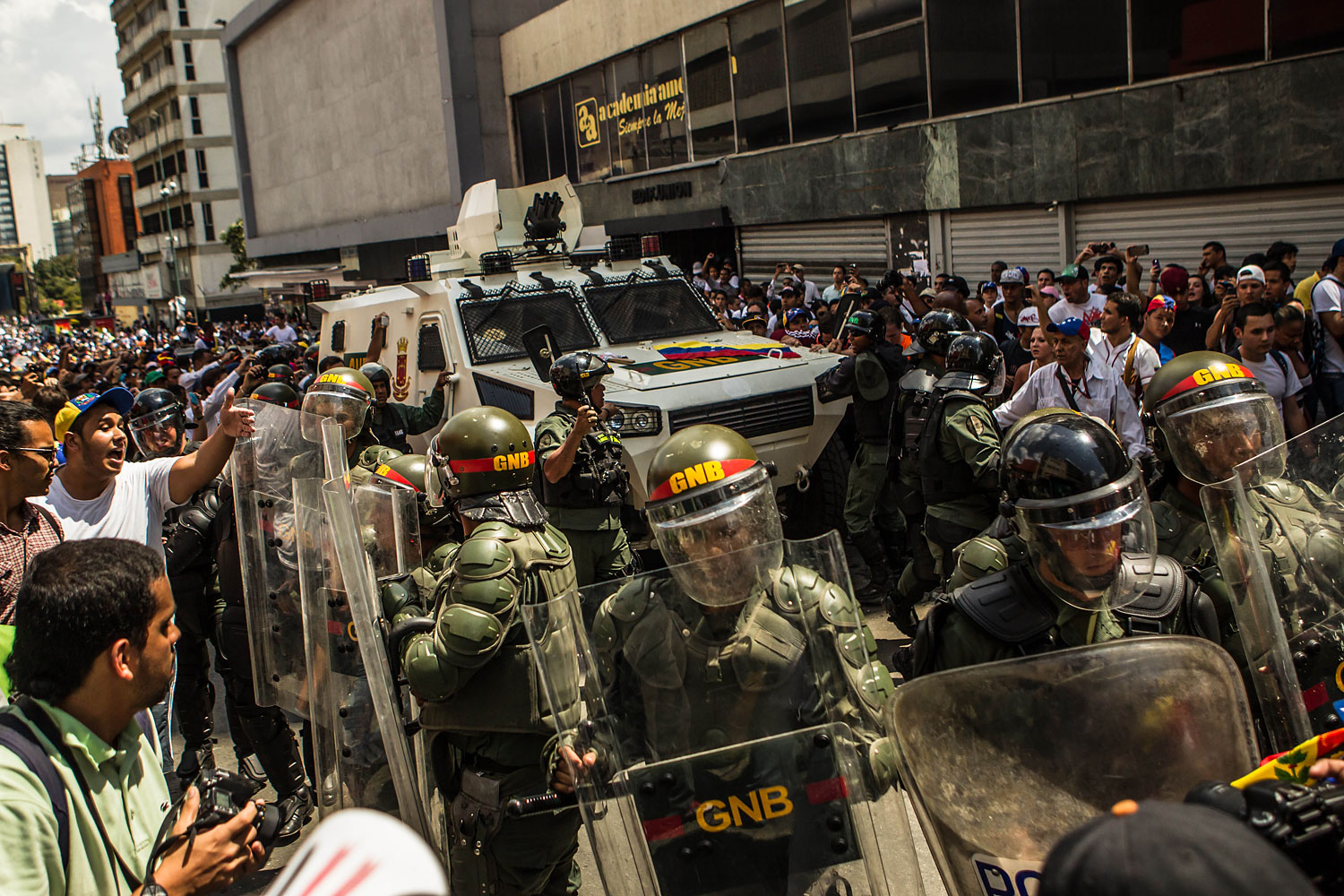
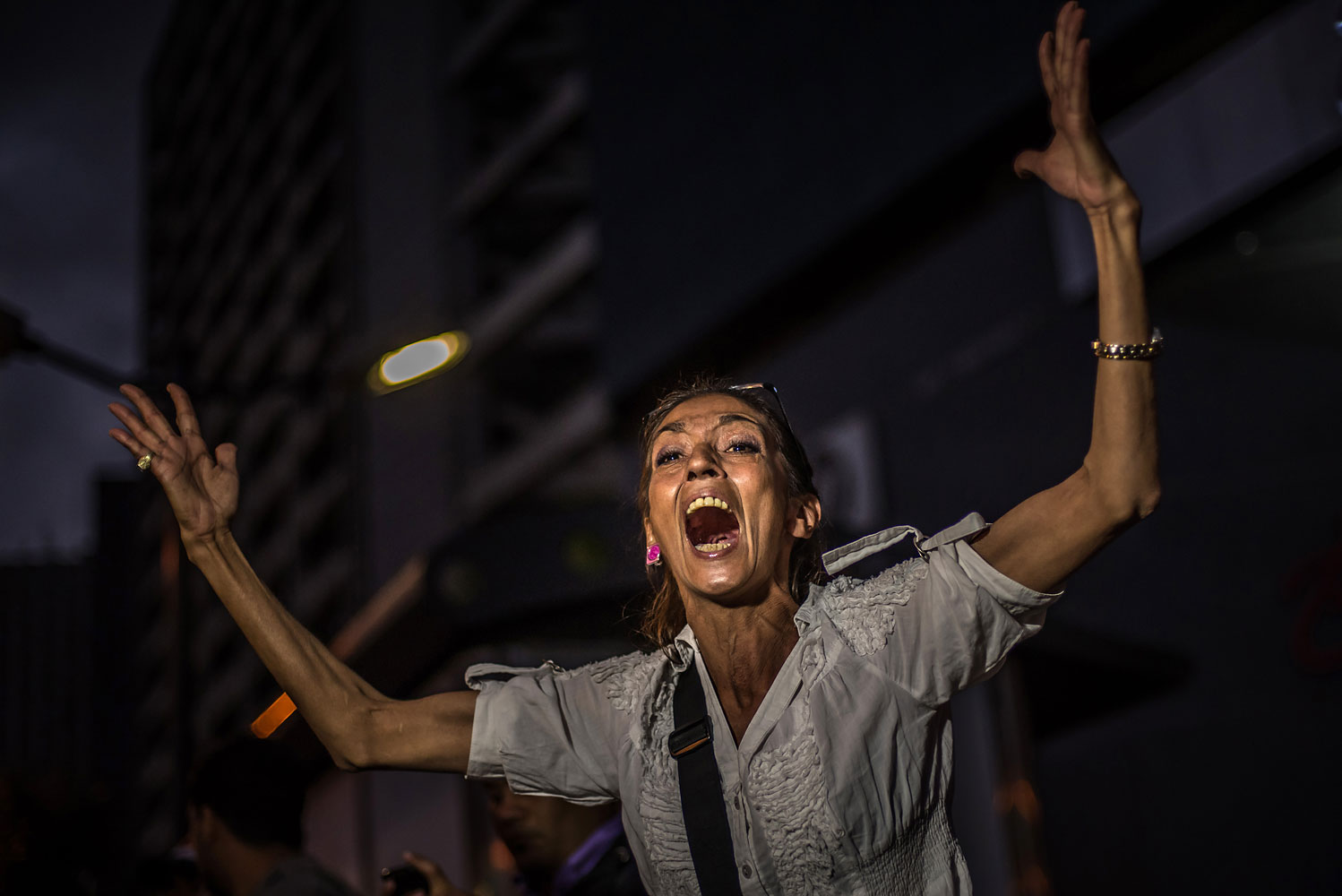
More Must-Reads from TIME
- Donald Trump Is TIME's 2024 Person of the Year
- Why We Chose Trump as Person of the Year
- Is Intermittent Fasting Good or Bad for You?
- The 100 Must-Read Books of 2024
- The 20 Best Christmas TV Episodes
- Column: If Optimism Feels Ridiculous Now, Try Hope
- The Future of Climate Action Is Trade Policy
- Merle Bombardieri Is Helping People Make the Baby Decision
Contact us at letters@time.com